
WHO secures an additional US$ 18 million in partner funding to save over 40 million additional lives in the next 4 years
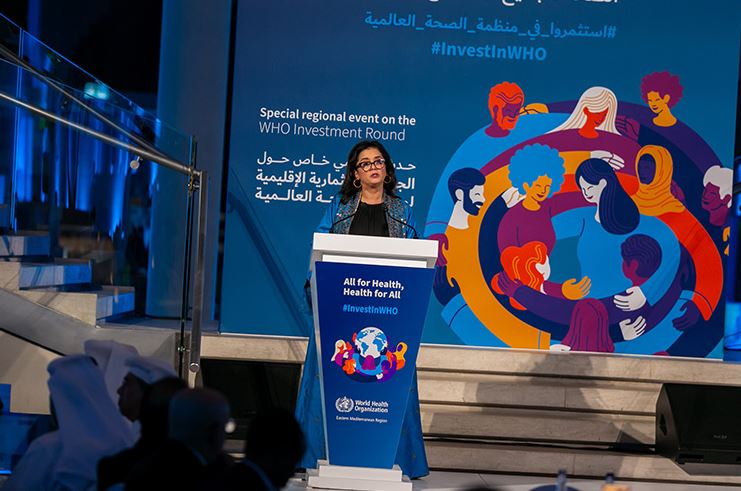
WHO has secured an additional US$ 18 million in funding commitments from key partners, to complement US$ 18 million already in the pipeline. The pledges, by ATscale – Global Partnership for Assistive Technology and the Hamdard Foundation, and the pledge by the Islamic Development Bank earmarking the Health Impact Investment Platform, highlight growing global support for the WHO’s critical mandate.
The pledges, announced at a special event during the Seventy-first session of the Regional Committee meeting in Doha, bring total funding commitments to the Eastern Mediterranean Region to US$ 93 million, reflecting recognition of WHO’s work and its fundamental role in improving health outcomes across the Region.
WHO’s work in the Region contributes to achieving the global target of saving over 40 million additional lives in the next 4 years. With predictable and sustainable financing, by 2028 WHO anticipates aims to extend access to universal health coverage to an additional 60.4 million people, save up to 215 000 lives through targeted maternal and child health interventions across priority countries, and halt endemic transmission of polio everywhere in the Region.
During the event, WHO Regional Director for the Eastern Mediterranean Dr Hanan Balkhy underlined how “flexible and predictable financing for our core work over the next 4 years is essential for us to deliver the best possible health results”.
“In our Region, emergencies continue to make huge demands, and we also need to redouble efforts to eradicate polio.”
“We must keep on raising resources to ensure that we can fulfil our life-saving mission. Sustainable financing will allow us to meet immediate demands while also advancing the long-term health agenda.”
In a recorded statement, WHO Director General Dr Tedros A Ghebreyesus told event attendees: “Investments in WHO are investments not only in healthier populations, but also in more equitable, more stable and more secure societies and economies. I urge you all to support the Investment Round directly, according to your means, and to advocate with others to contribute. Because in the end, this is your WHO.”
The chair of RC71, Qatar’s Minister of Public Health Dr Hanan Al Kawari, stressed that “in today’s rapidly evolving health landscape securing sustainable and stable financing is not just a necessity, it is a moral obligation”.
The Bill and Melinda Gates Foundation, the Organisation of Islamic Cooperation, GAVI and the African Development Bank were among international organizations and key bilateral partners voicing support for a sustainably financed WHO and committing to continued close collaboration.
The commitments were made in the context of WHO’s first-ever Investment Round, launched following the approval of the Organization’s Fourteenth General Programme of Work 2025–2028 at the World Health Assembly earlier this year. The Investment Round aims to provide WHO with the flexible, resilient funding required to effectively partner with Member States and key stakeholders to implement its ambitious global health strategy.
The Investment Round, which to date has garnered more than US$ 1 billion in new pledges, will continue to engage stakeholders in the lead up to next month’s G20 Leaders’ Summit, chaired by Brazilian President Lula da Silva. The Summit will provide an opportunity for leaders to pledge additional resources to WHO and further advance global health equity.





.jpg) Equipe de rédaction
Equipe de rédaction 
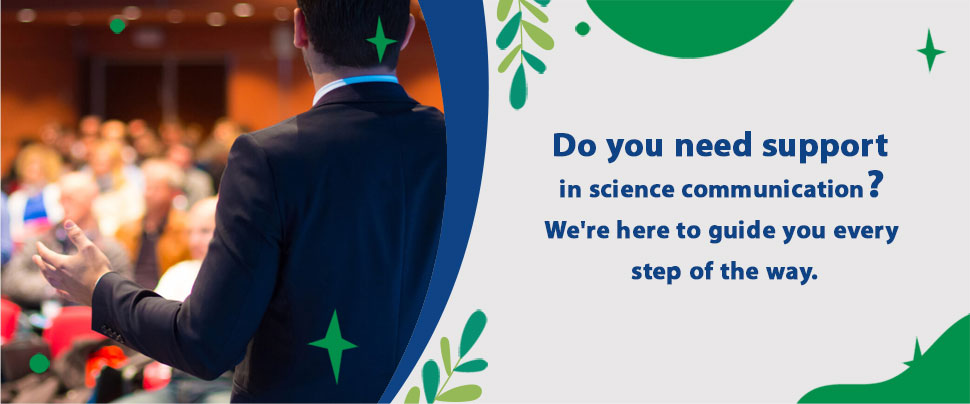

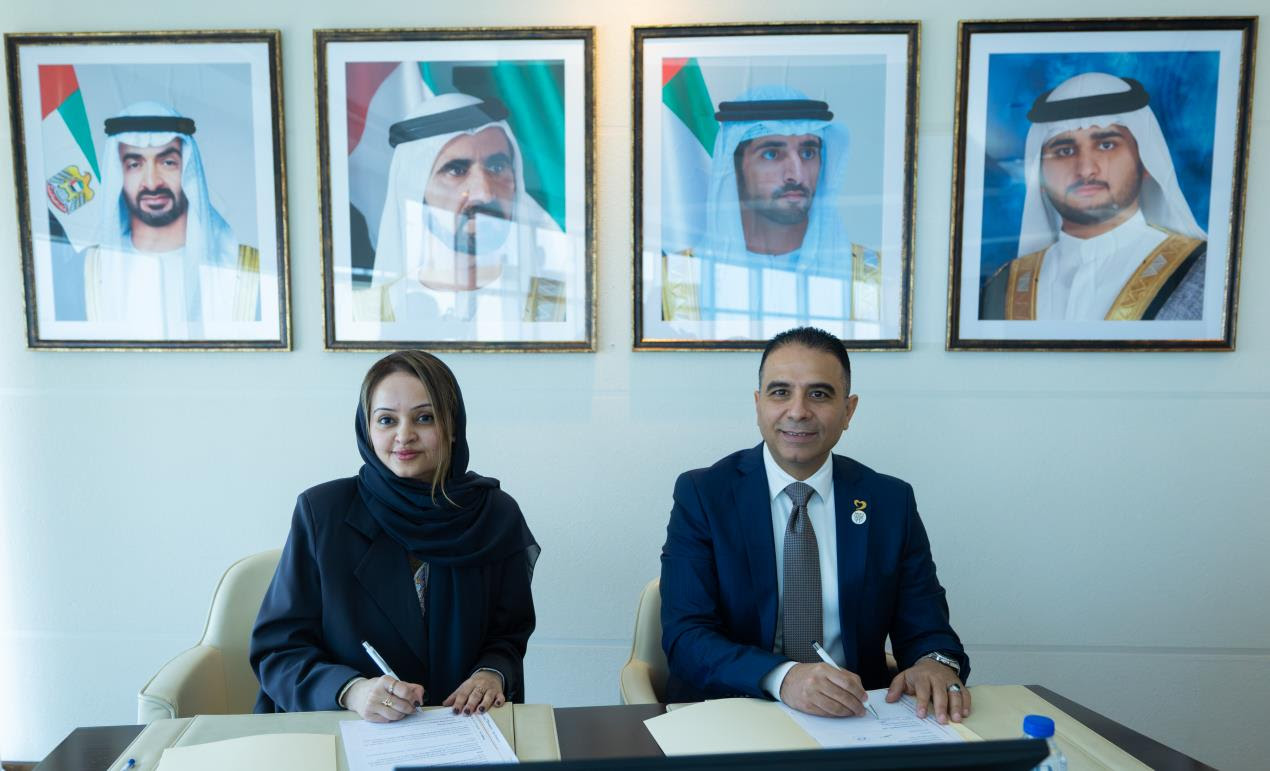

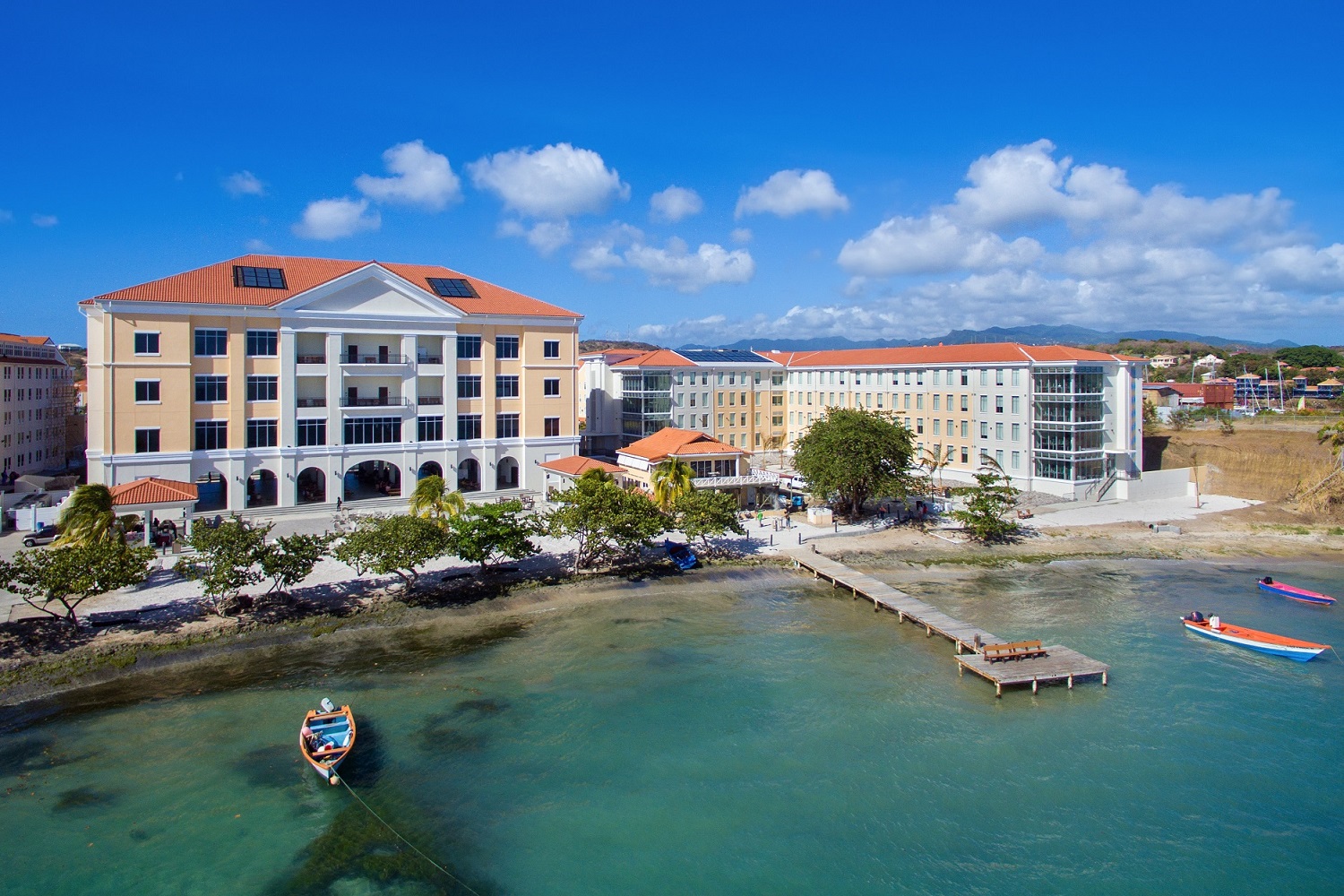
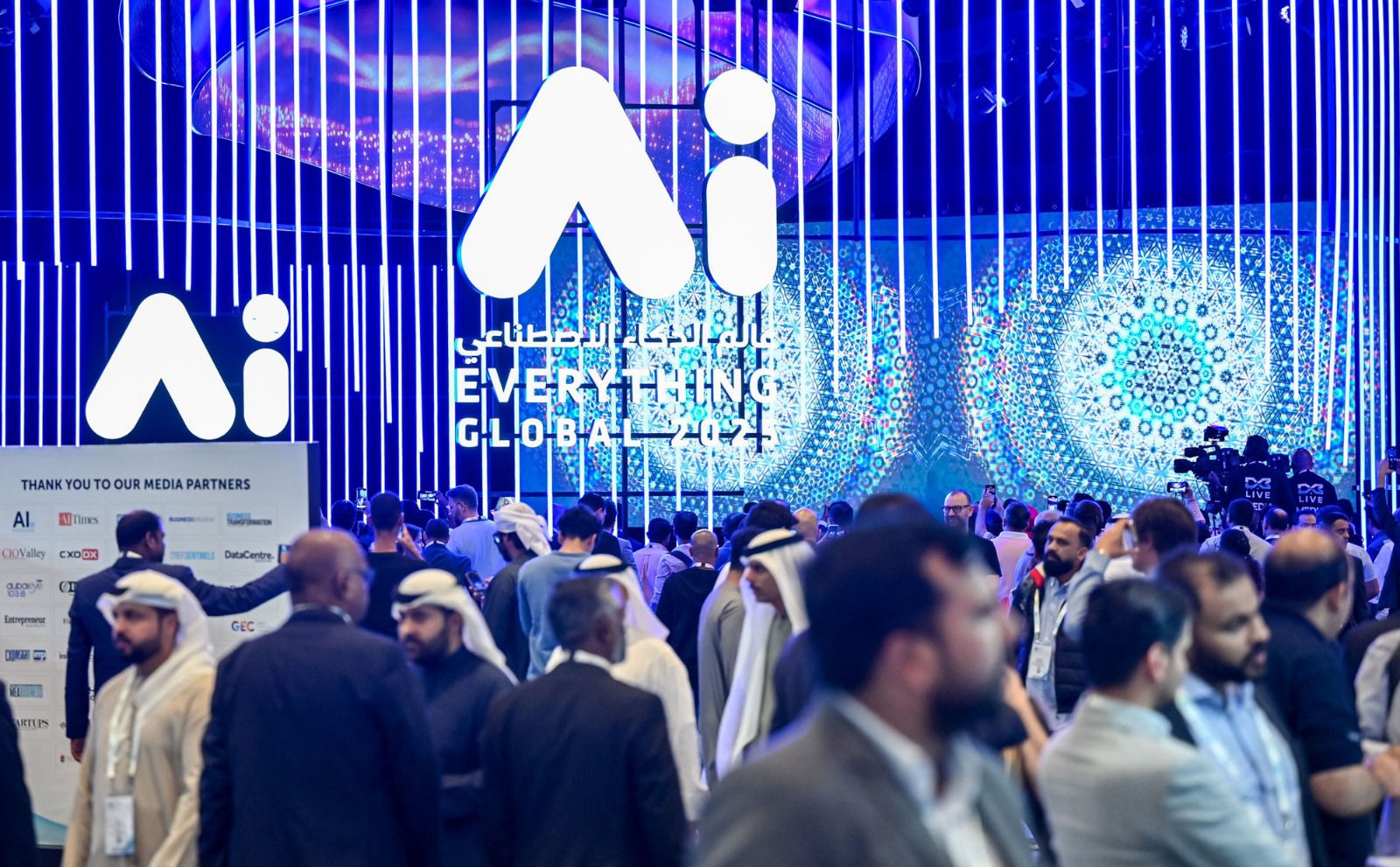
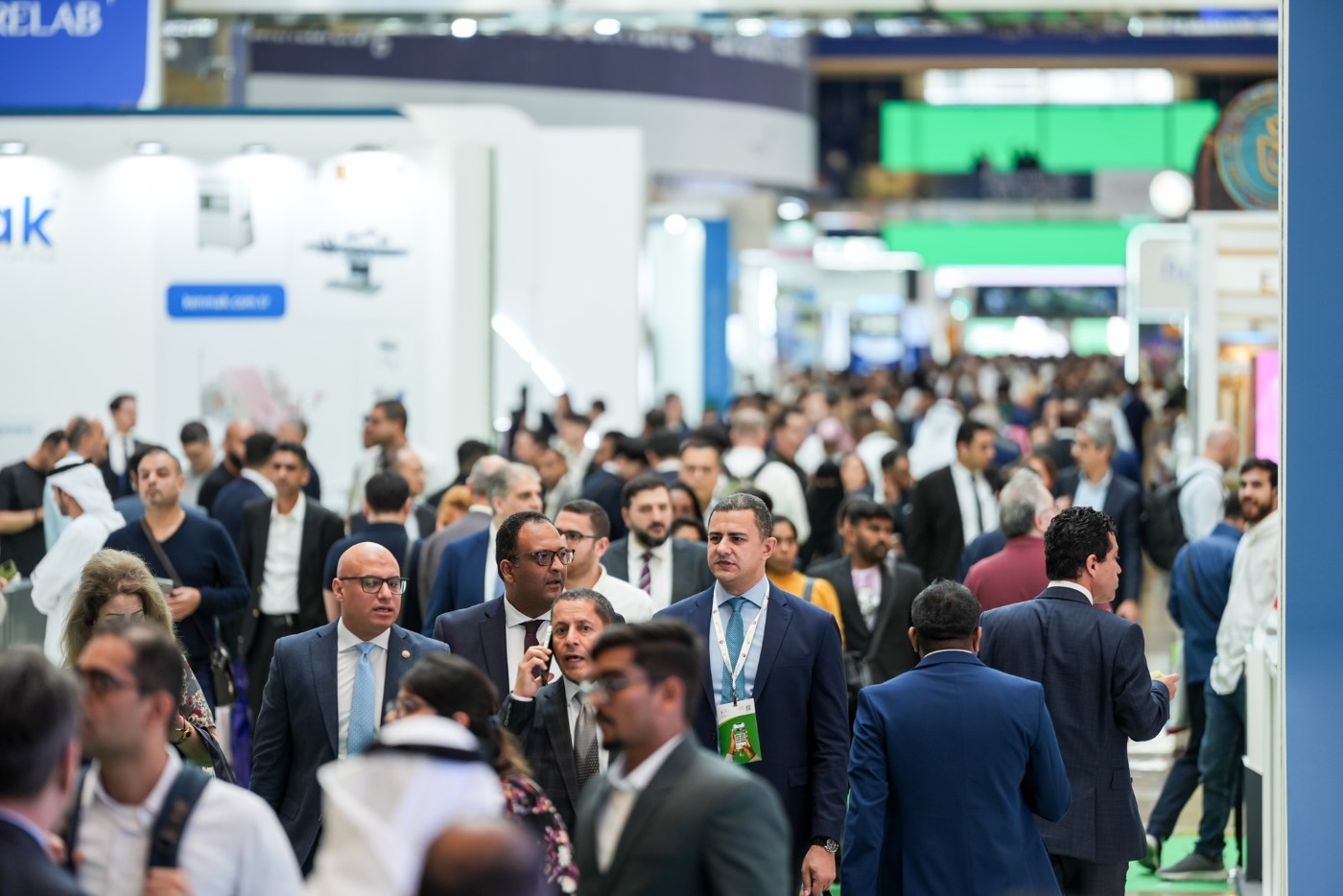


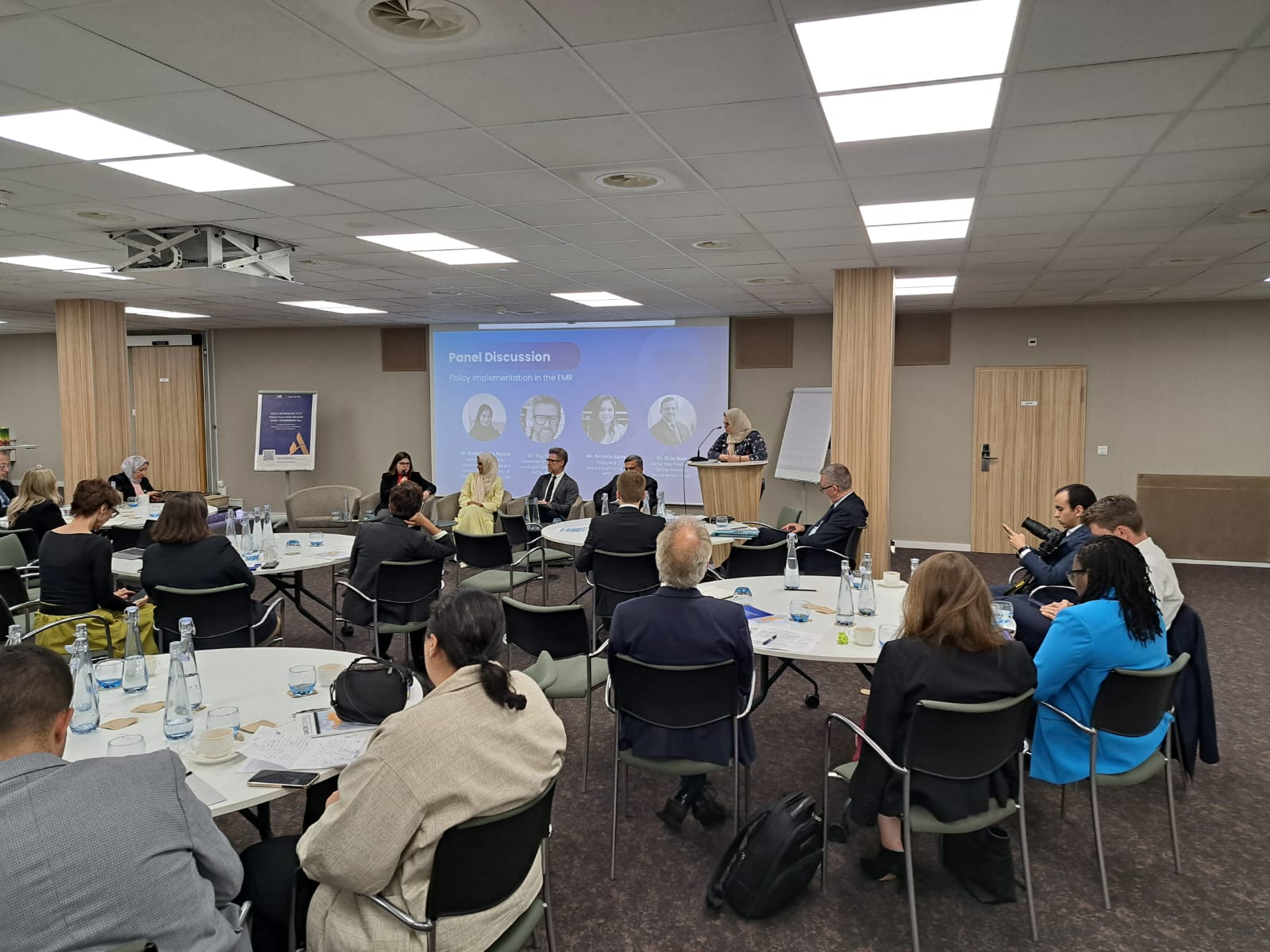

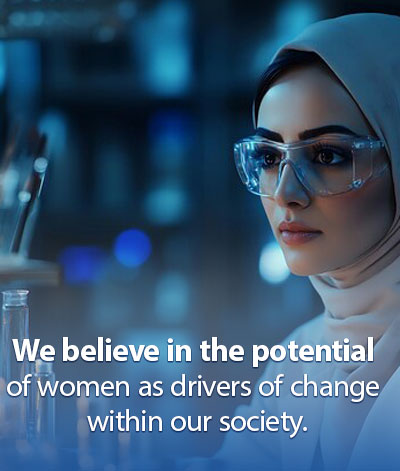
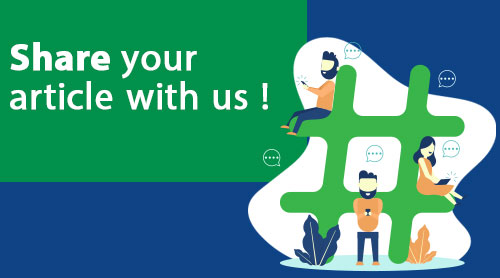
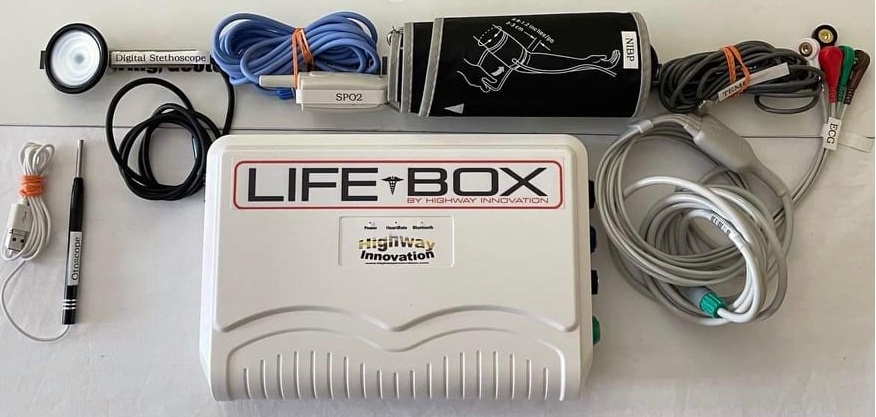

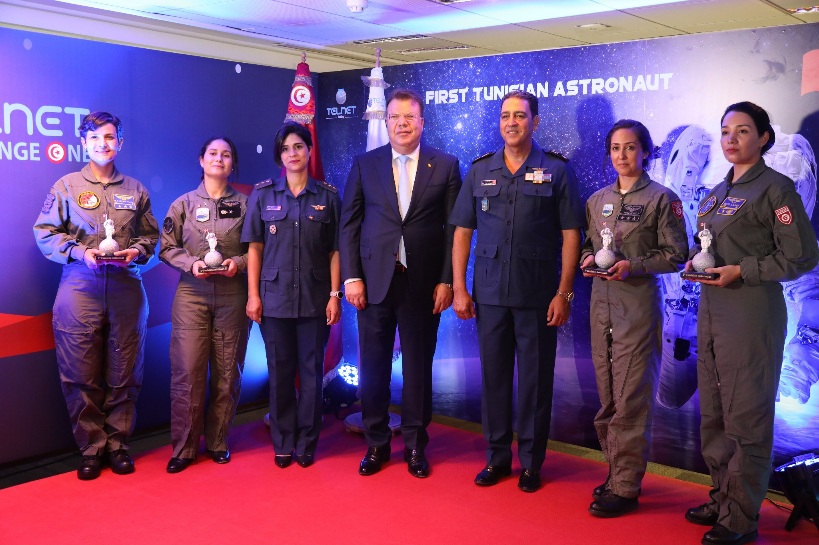
.jpg)
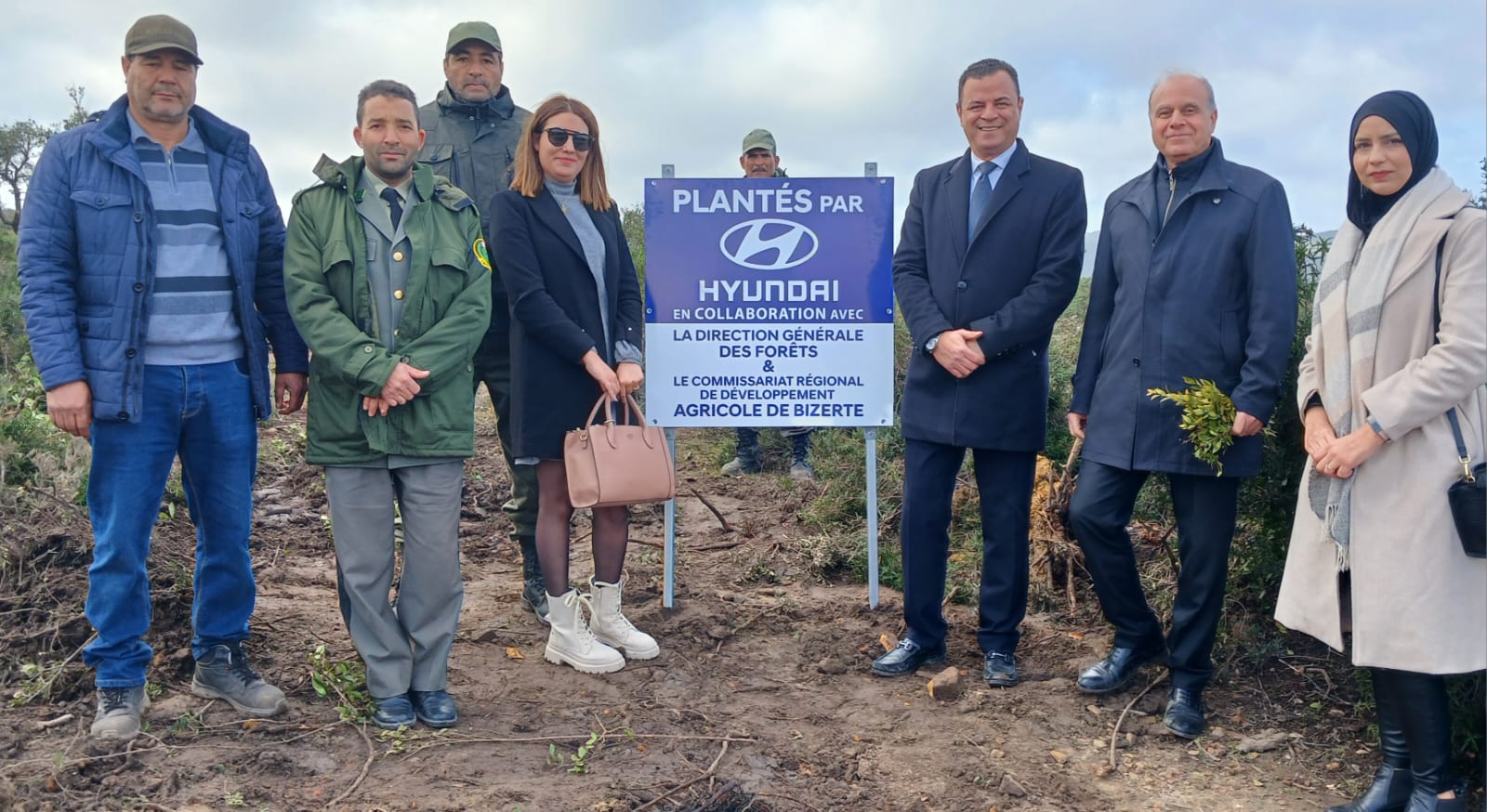
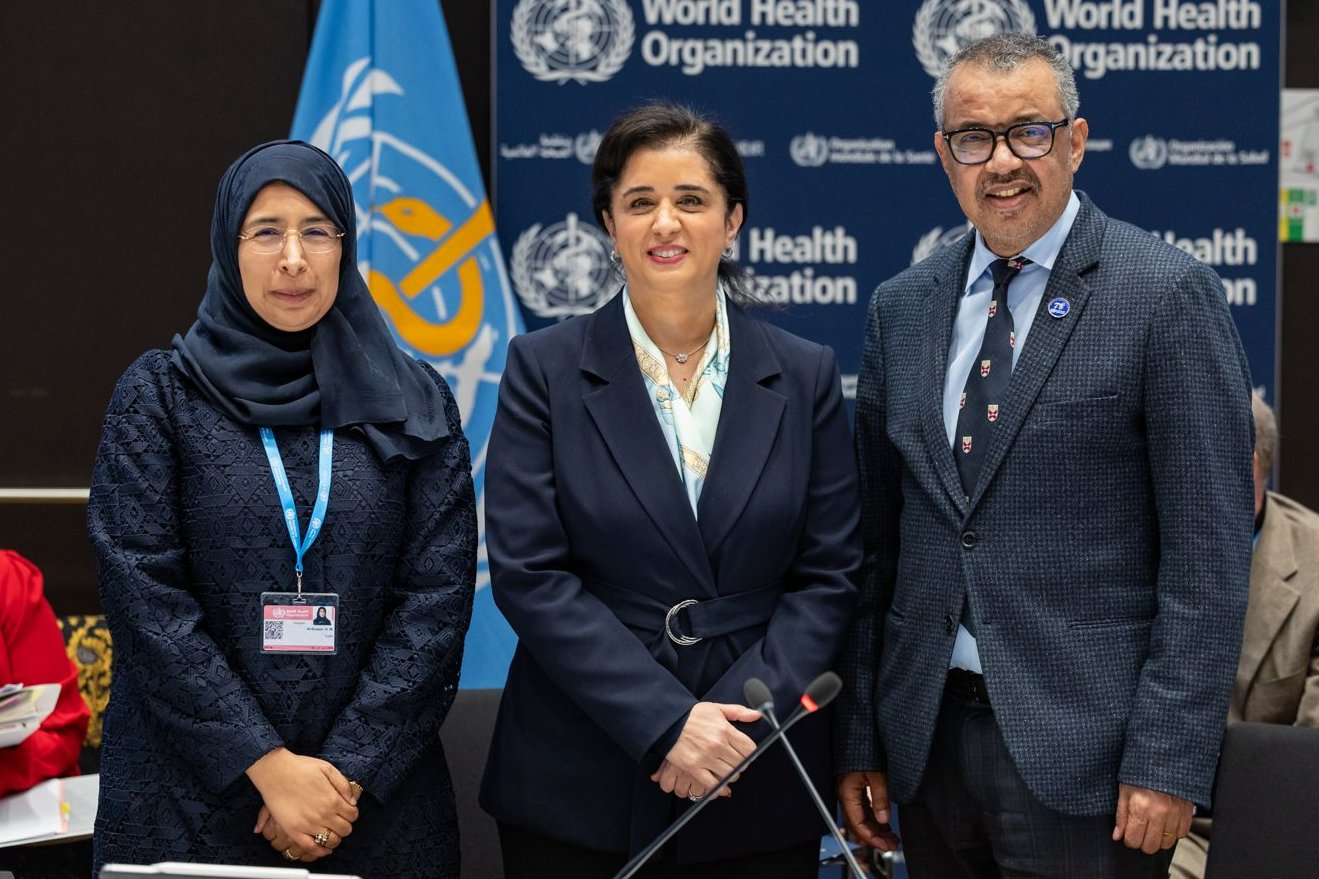
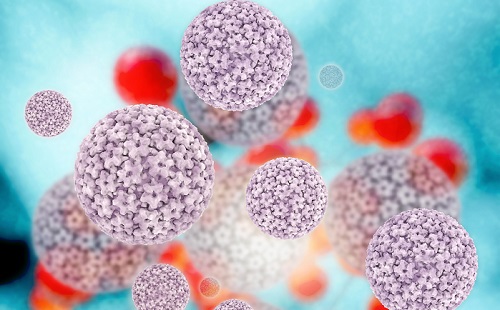
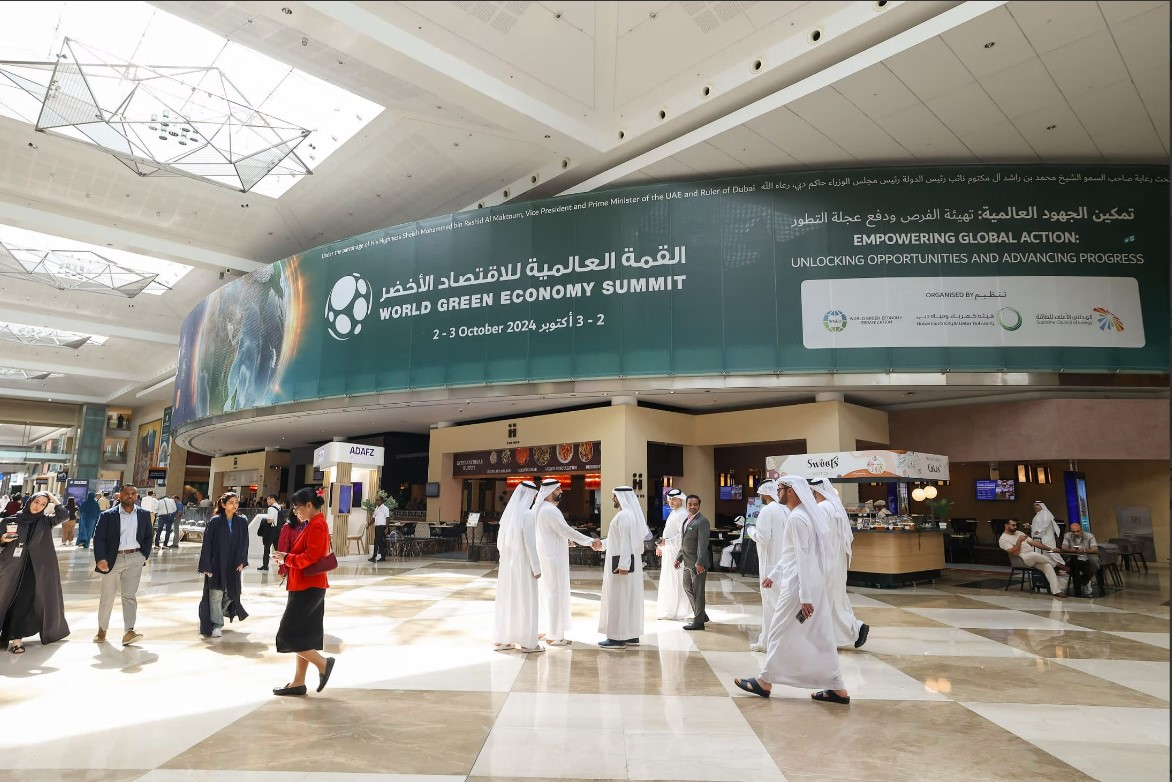
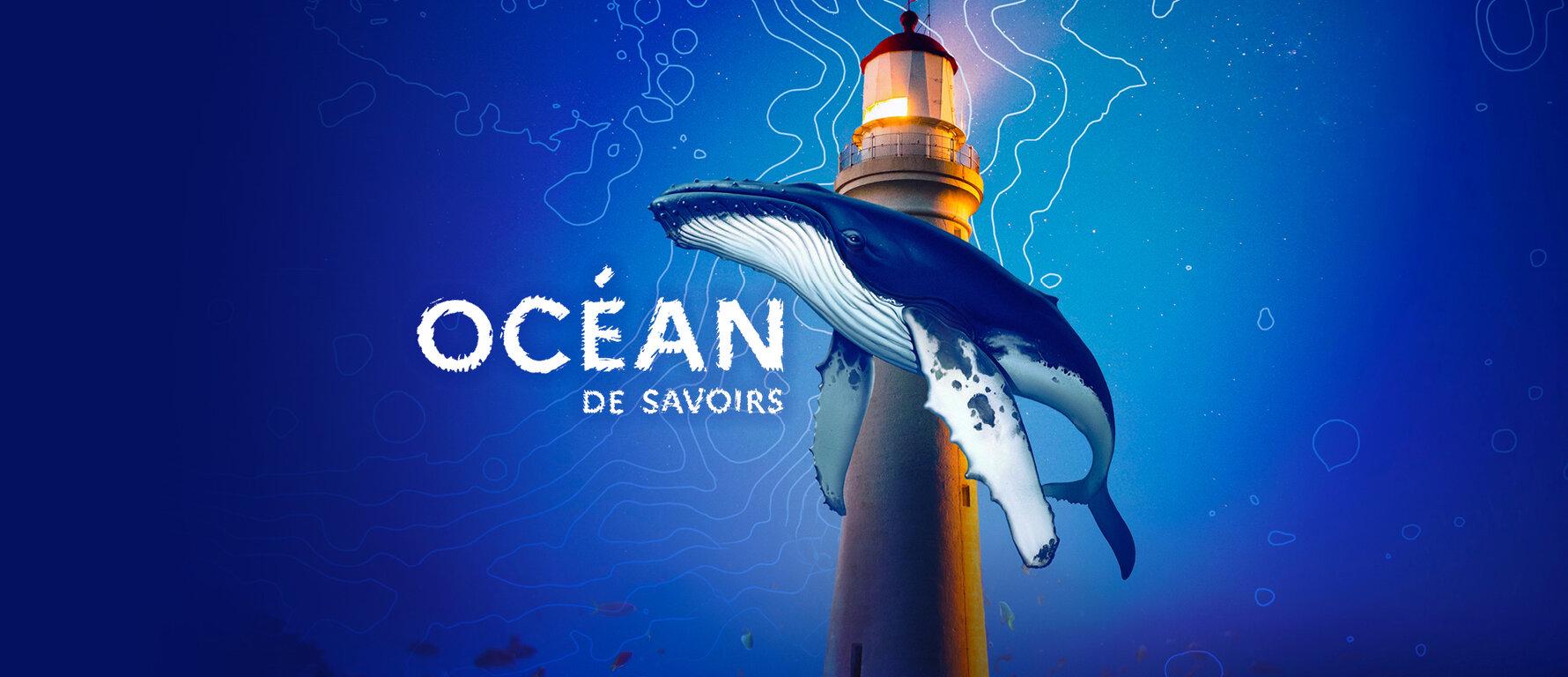


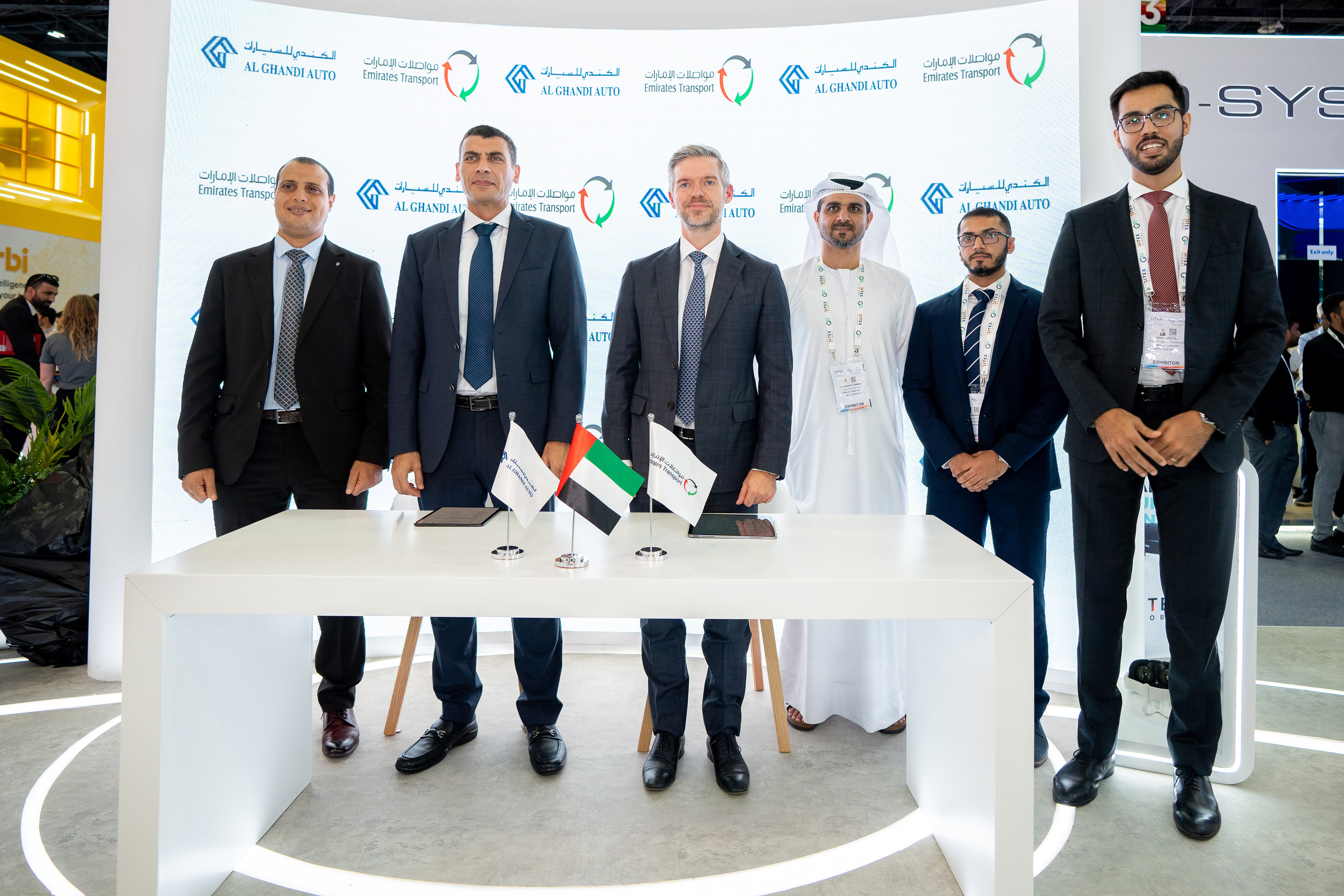
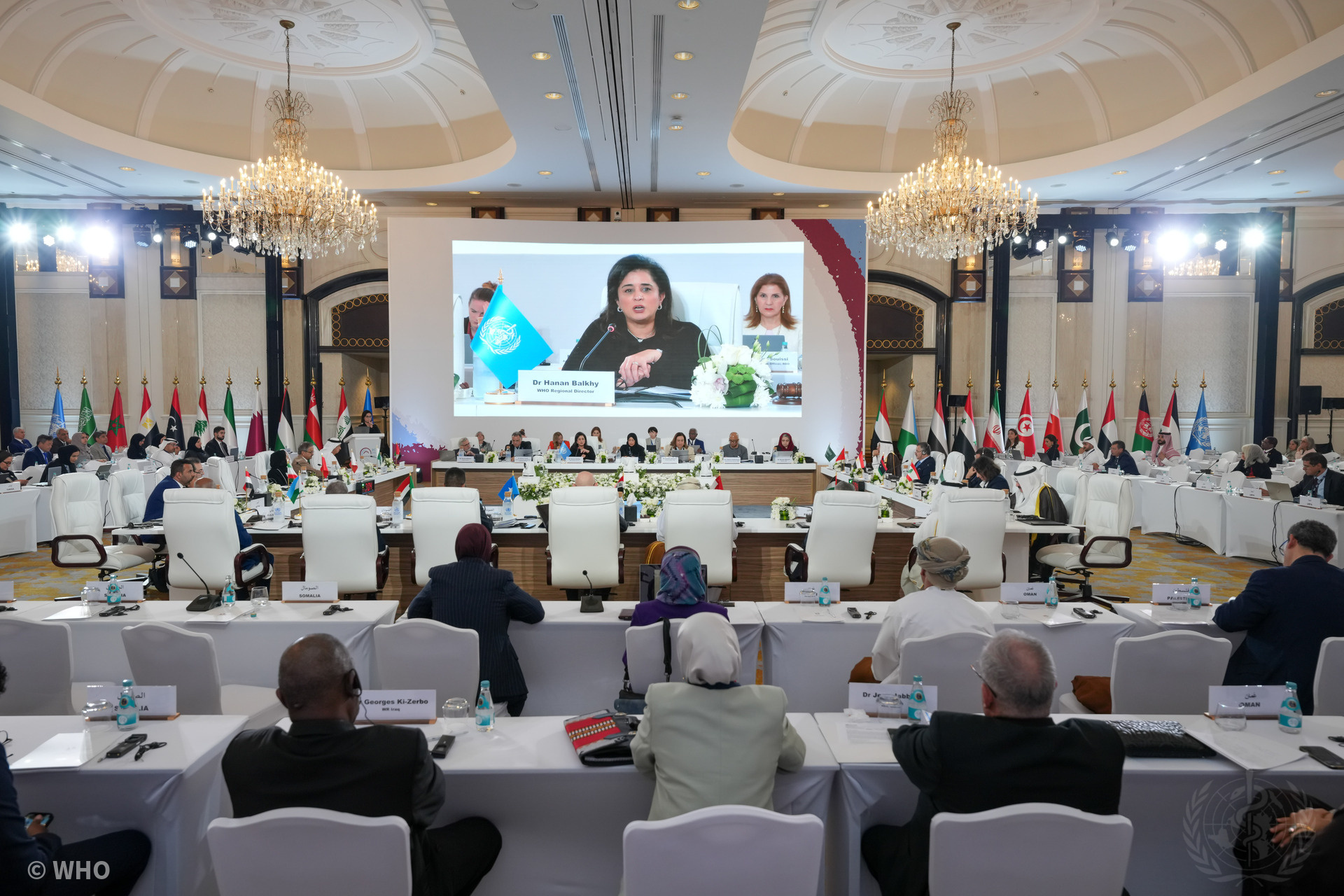

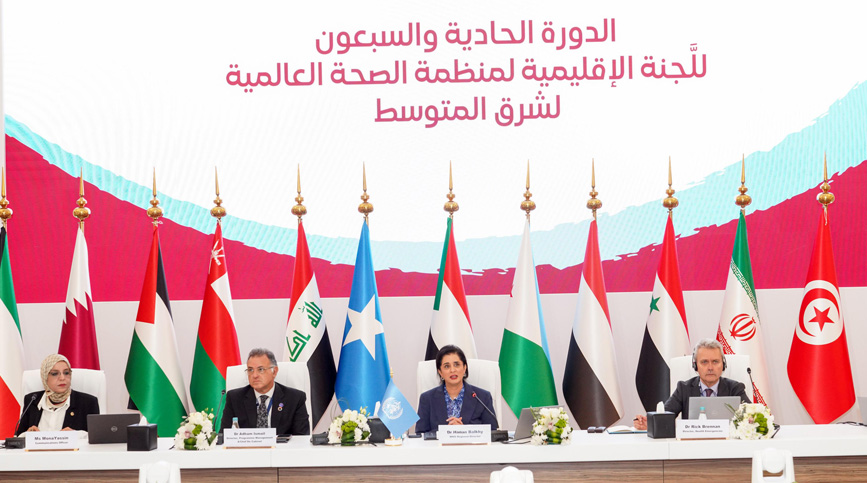
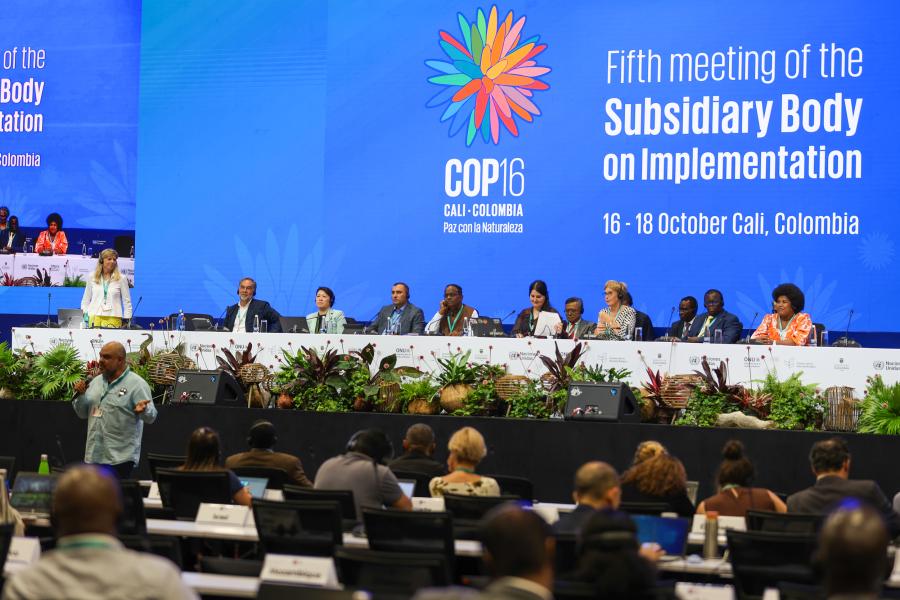


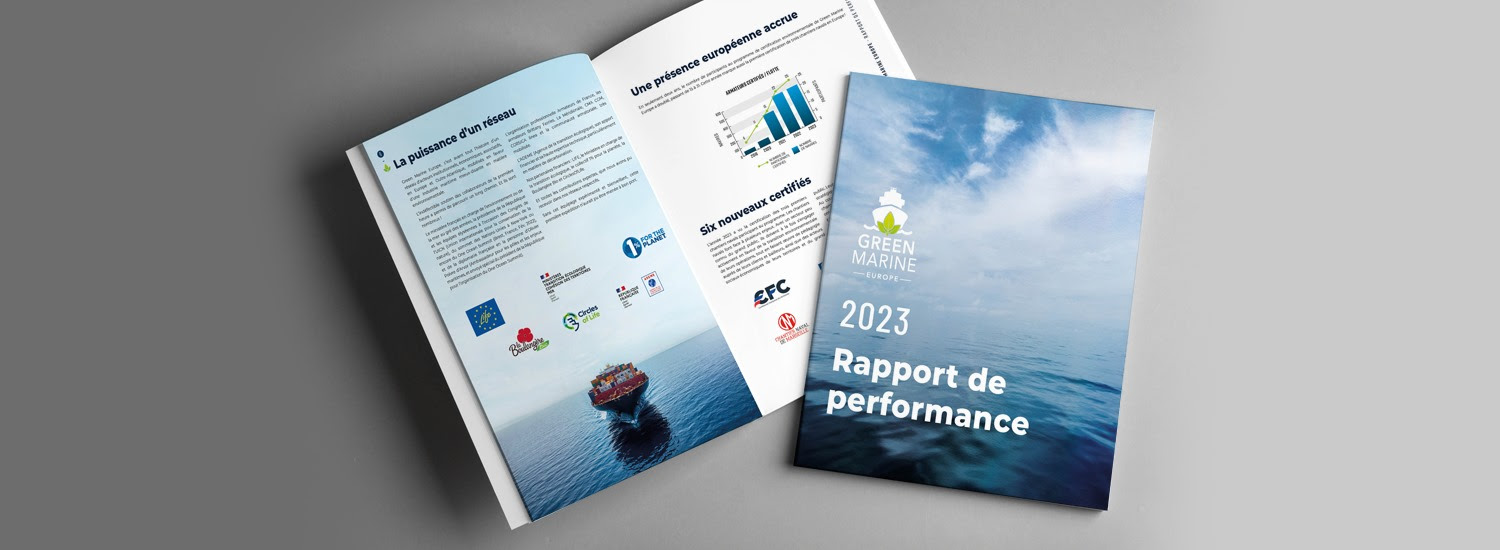
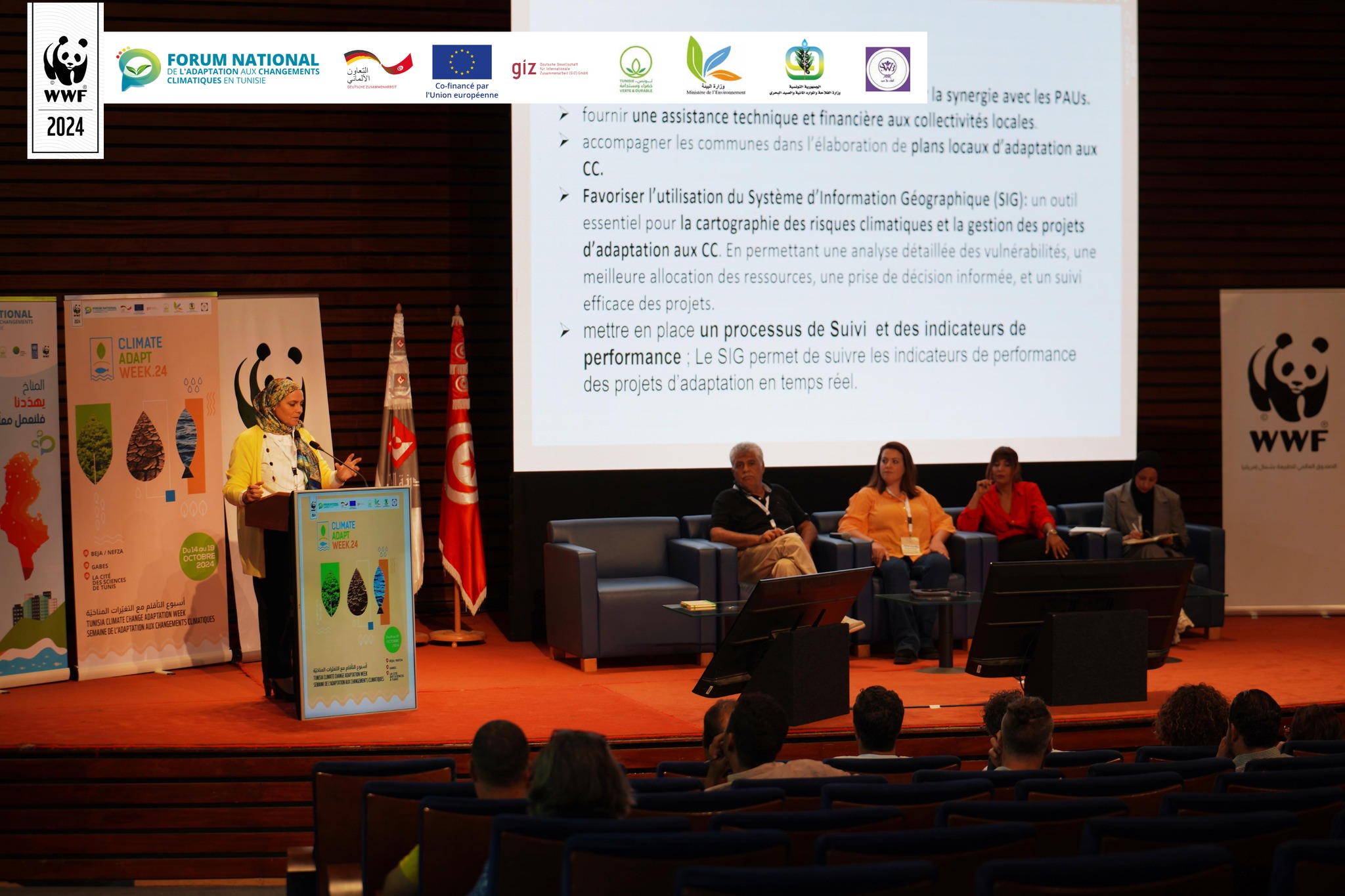
.jpg)
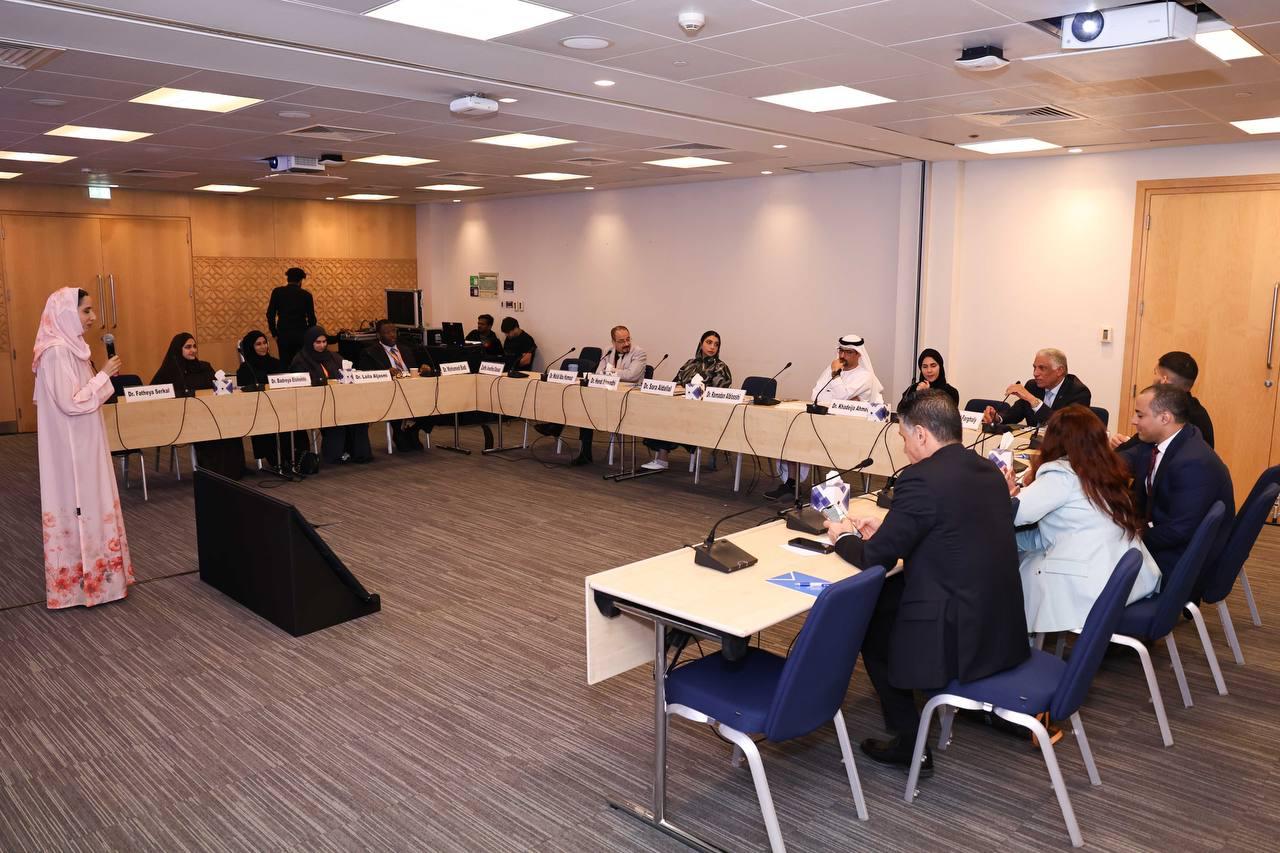
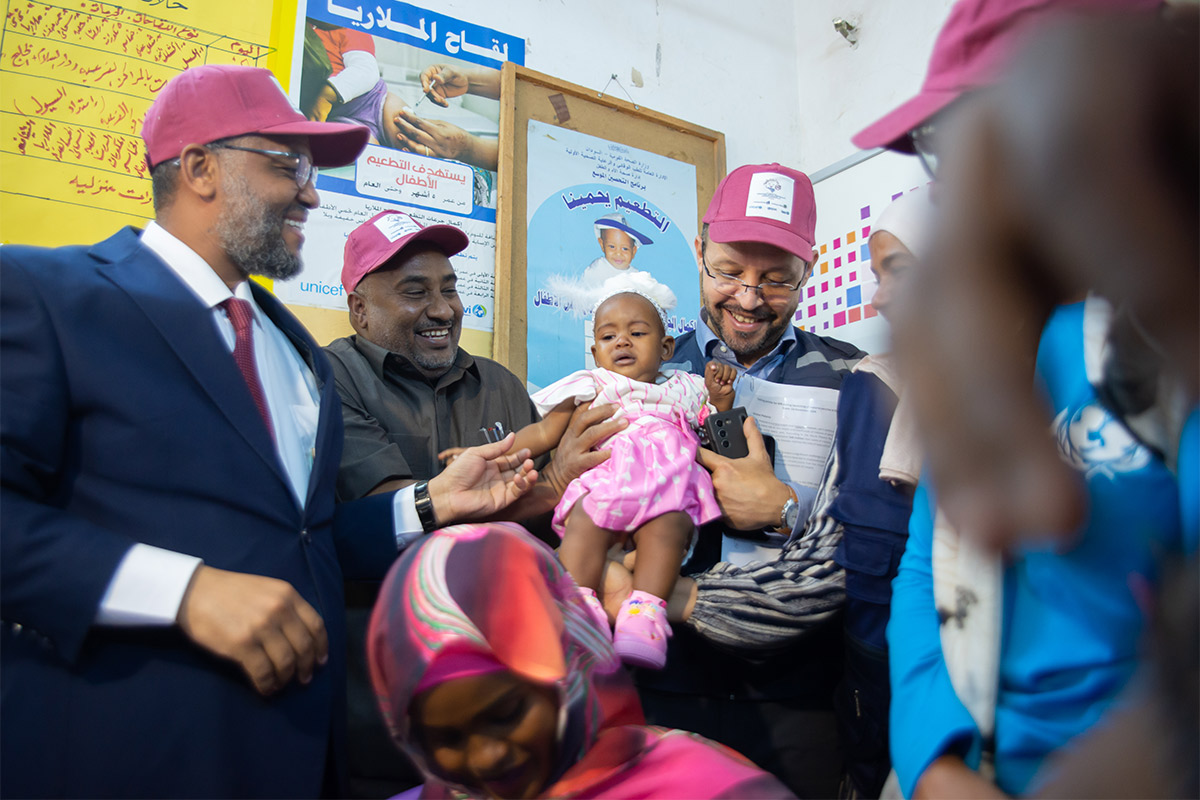
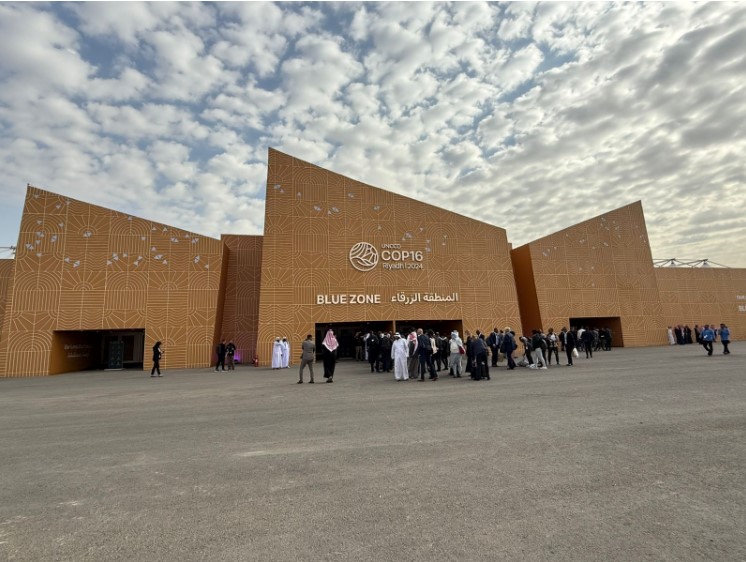
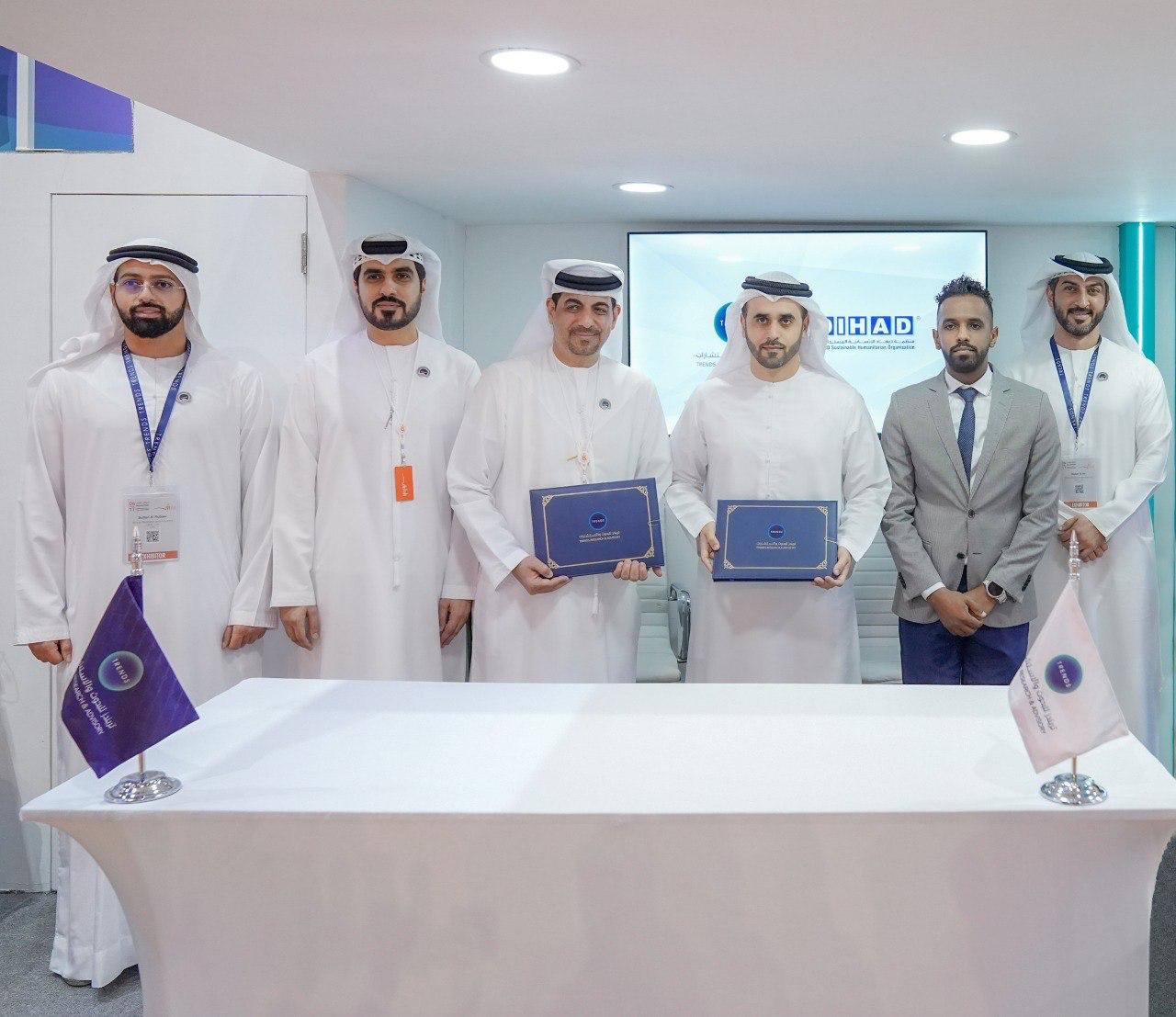
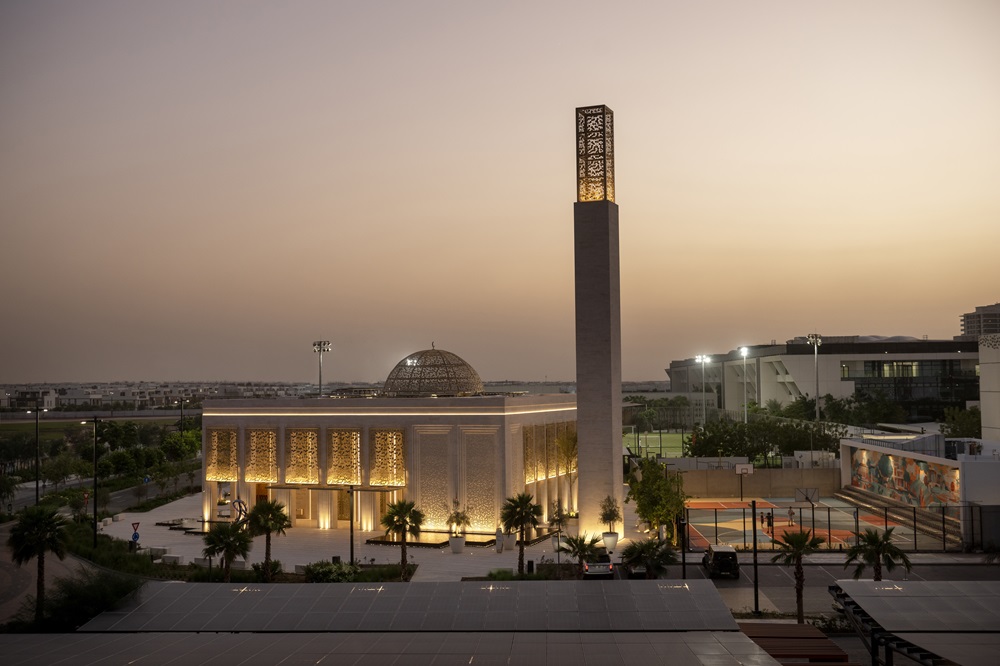
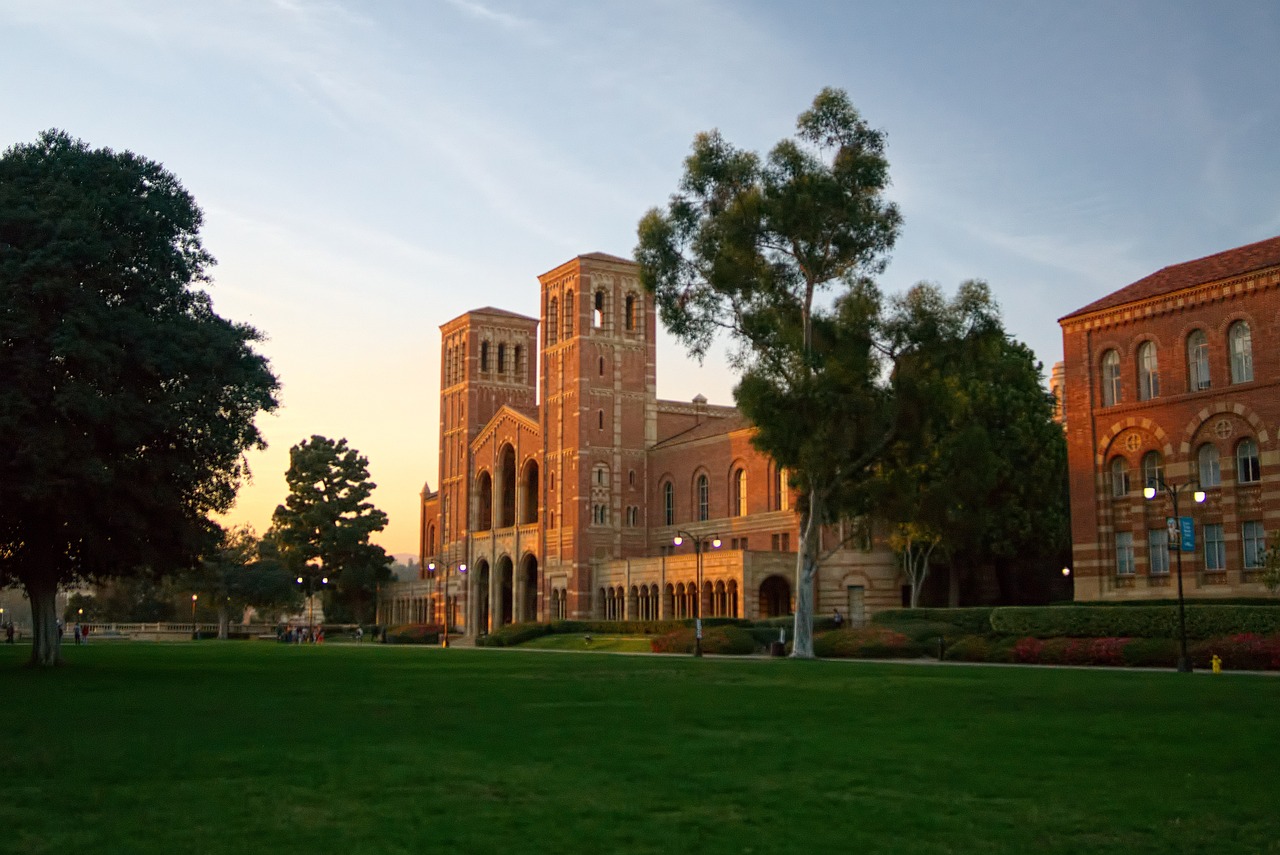
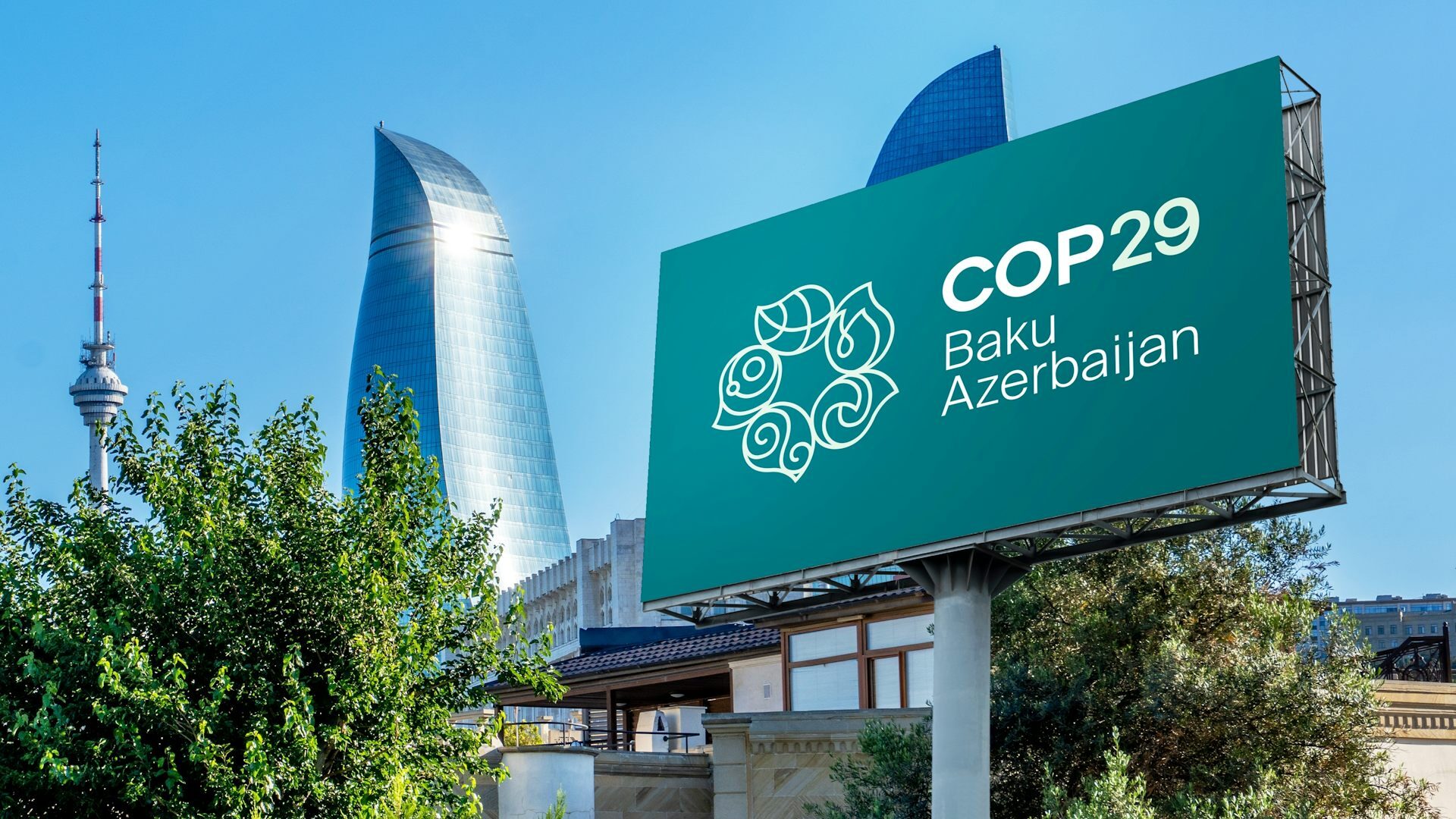
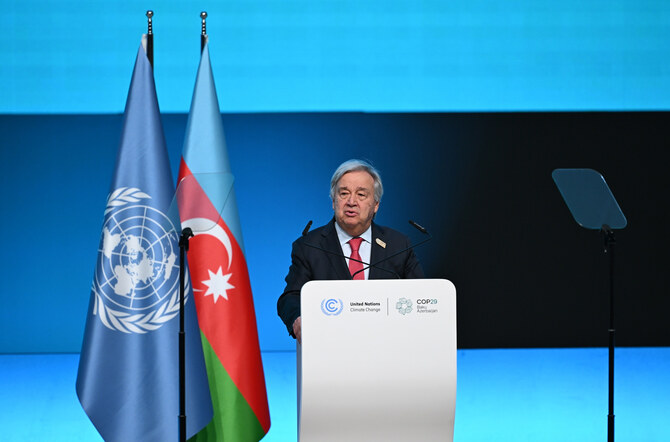
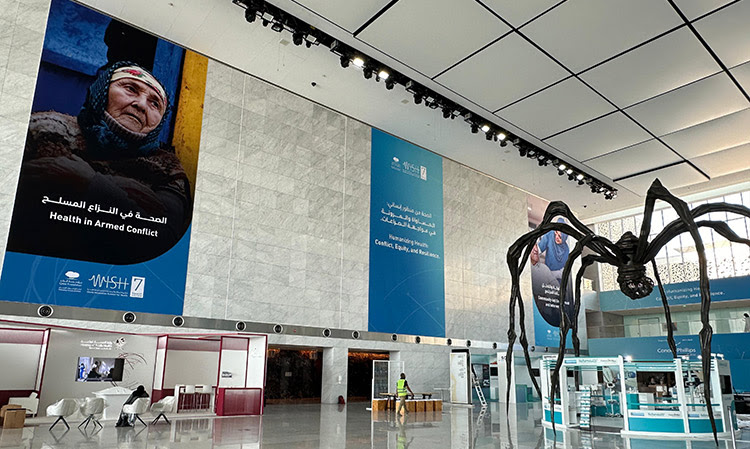
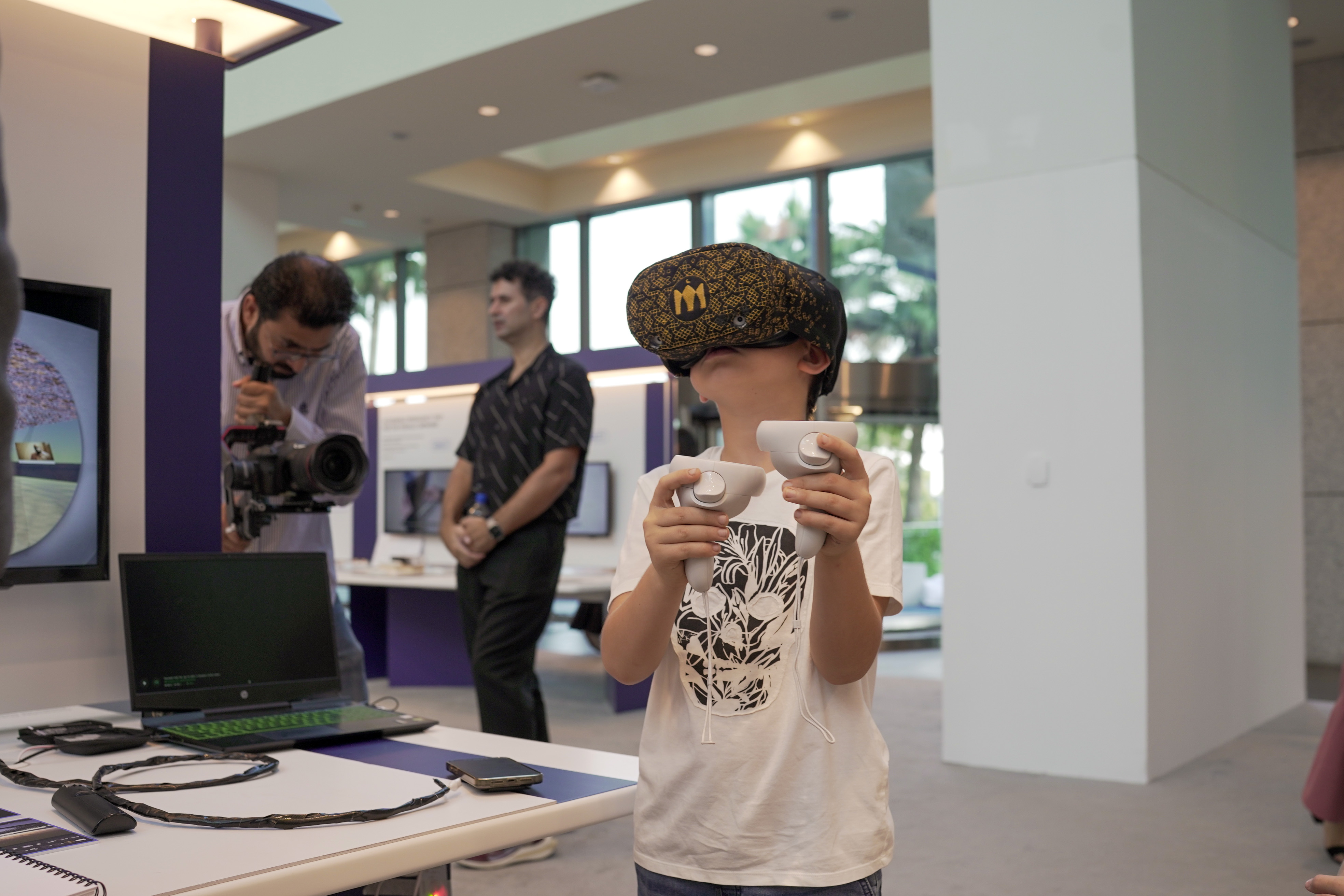

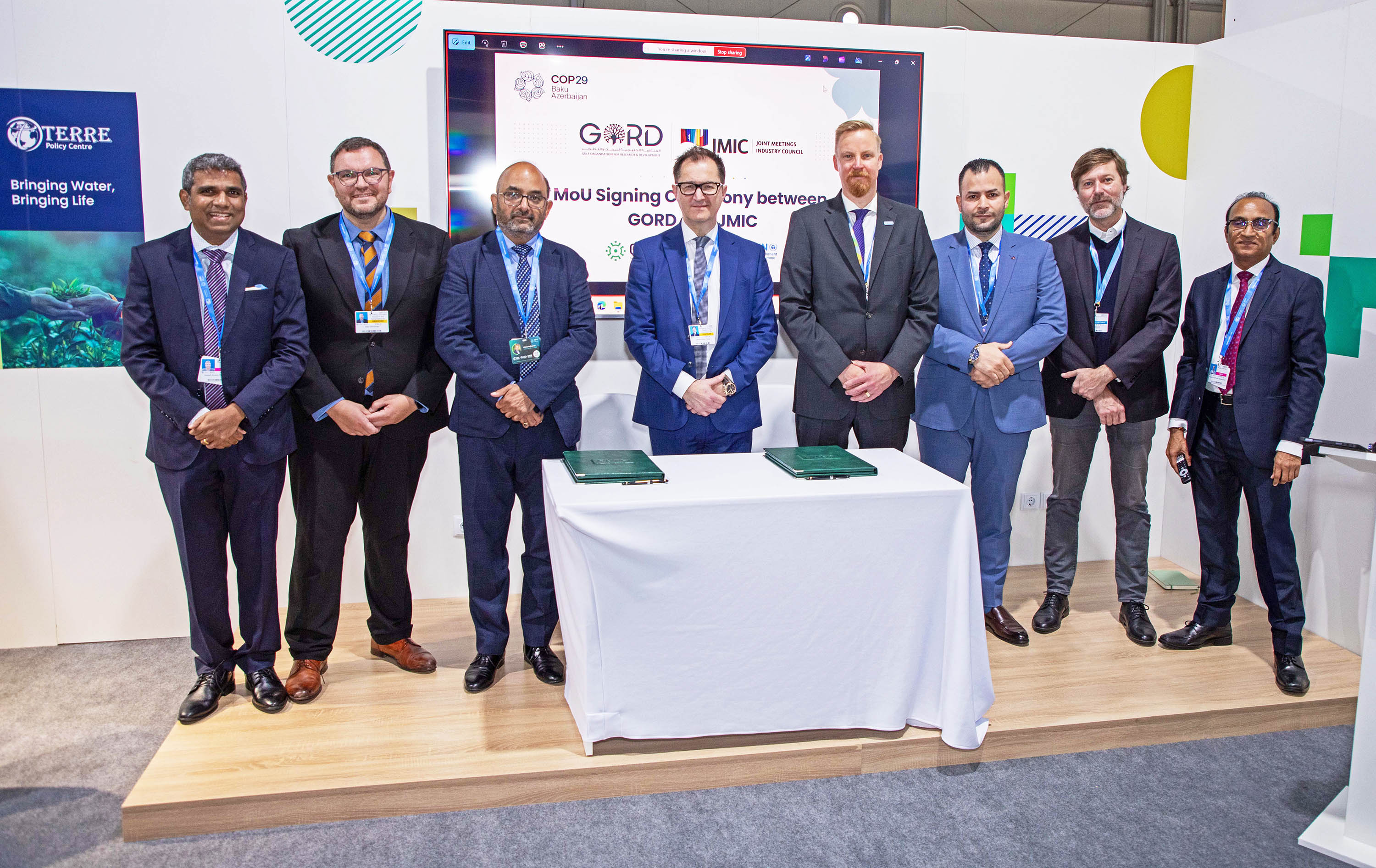
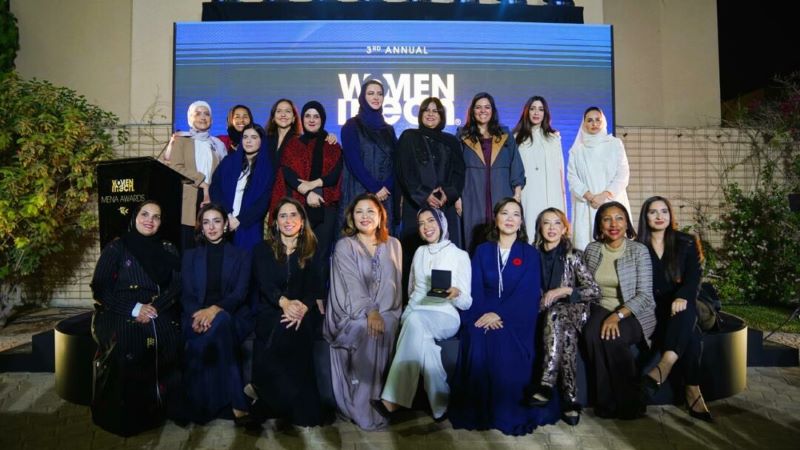

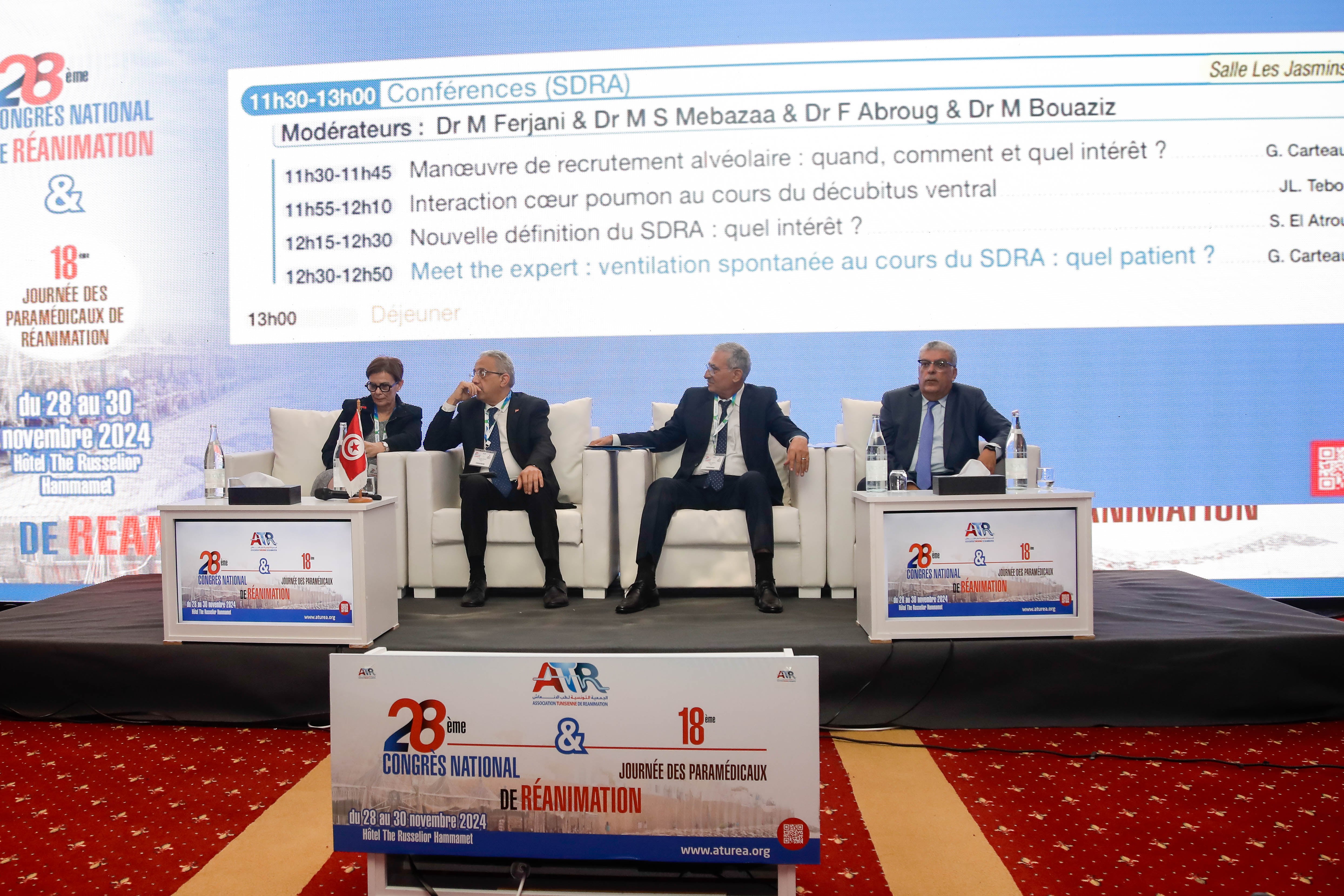
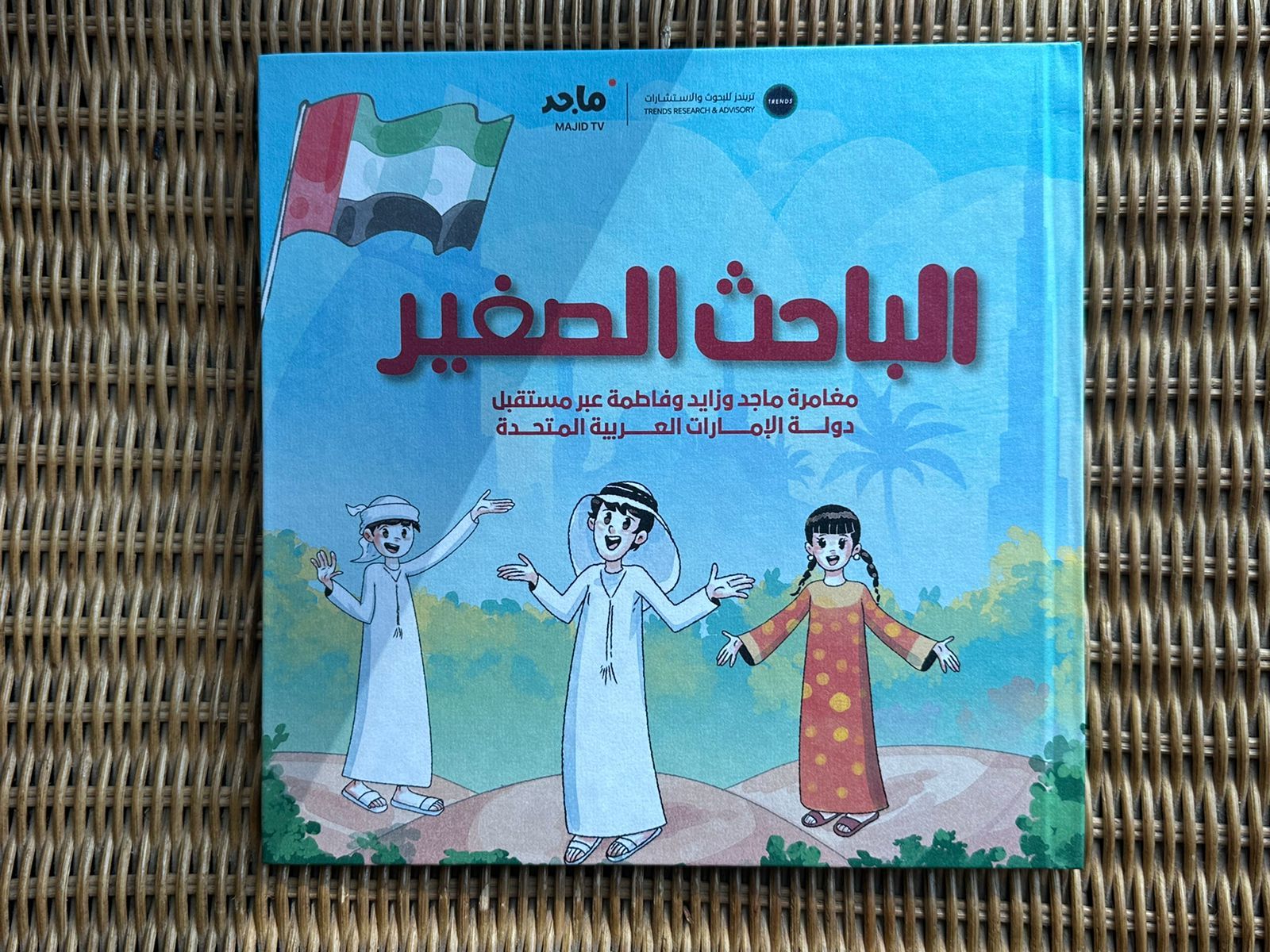
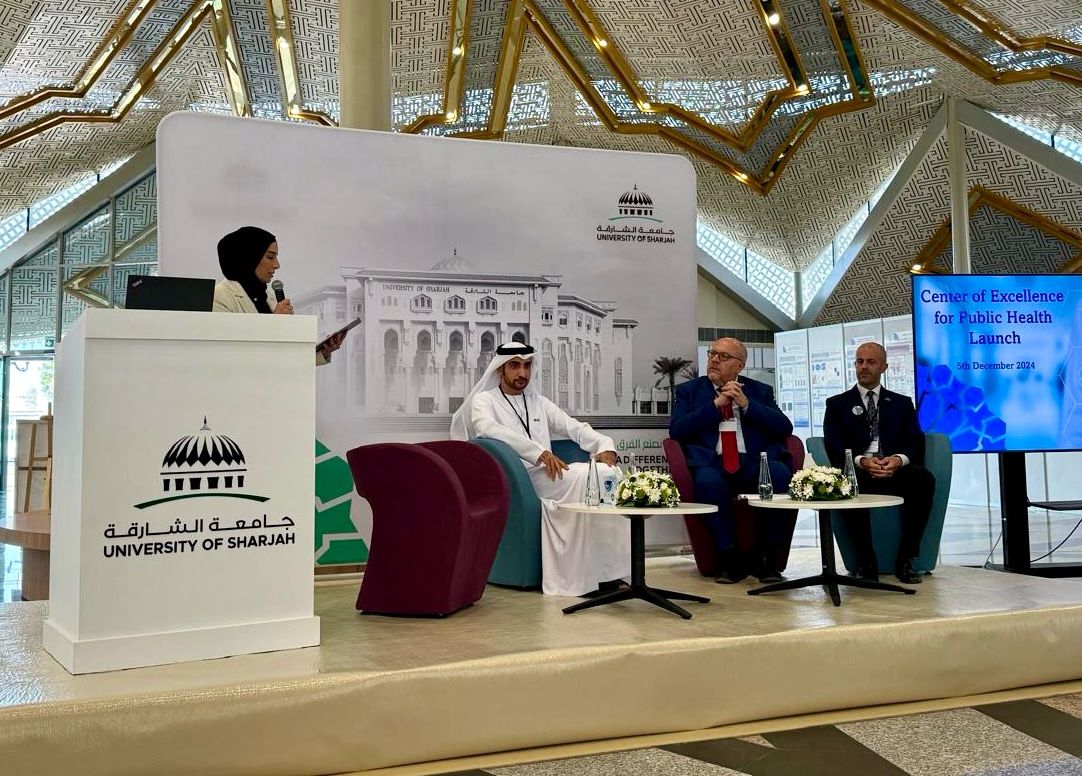
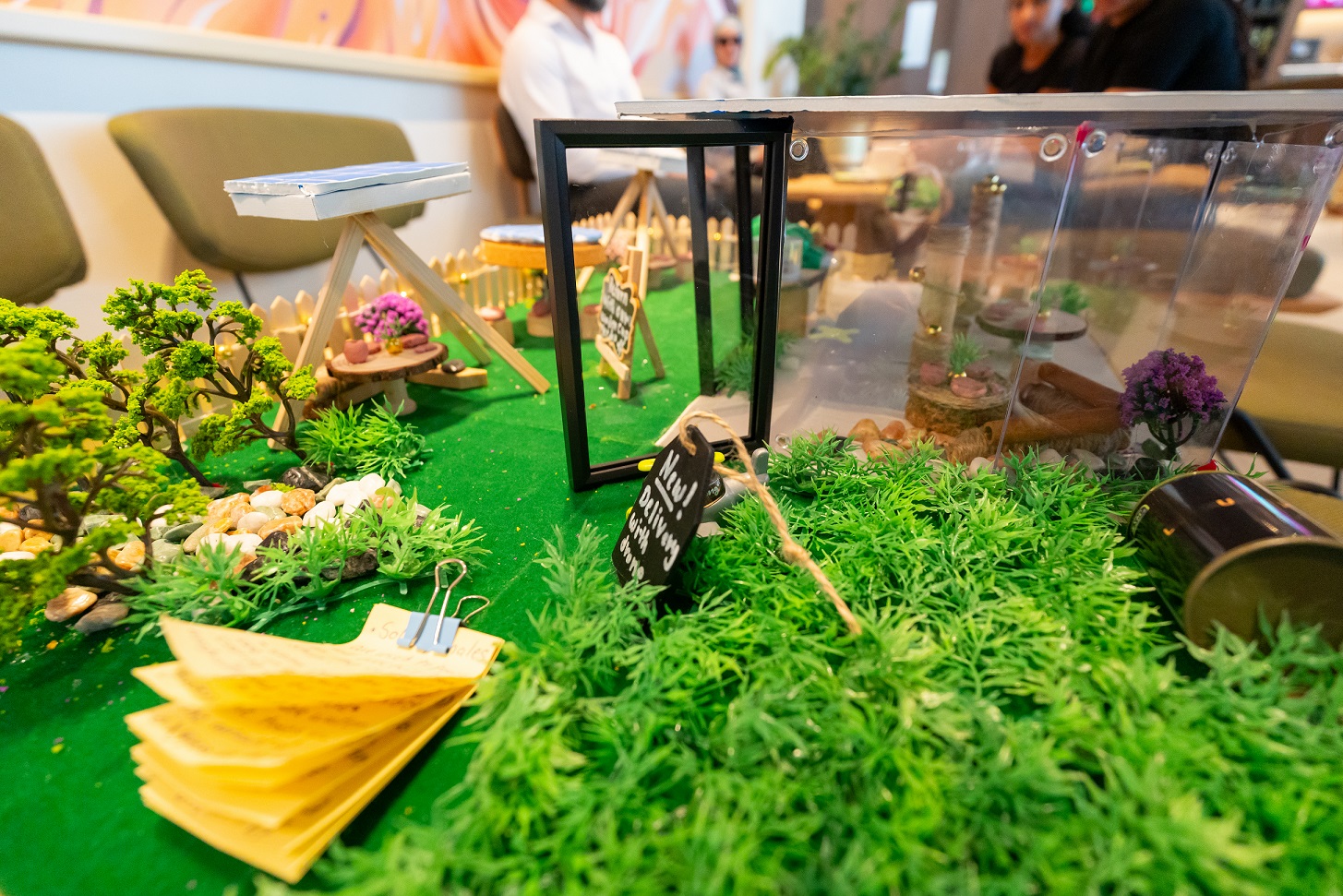
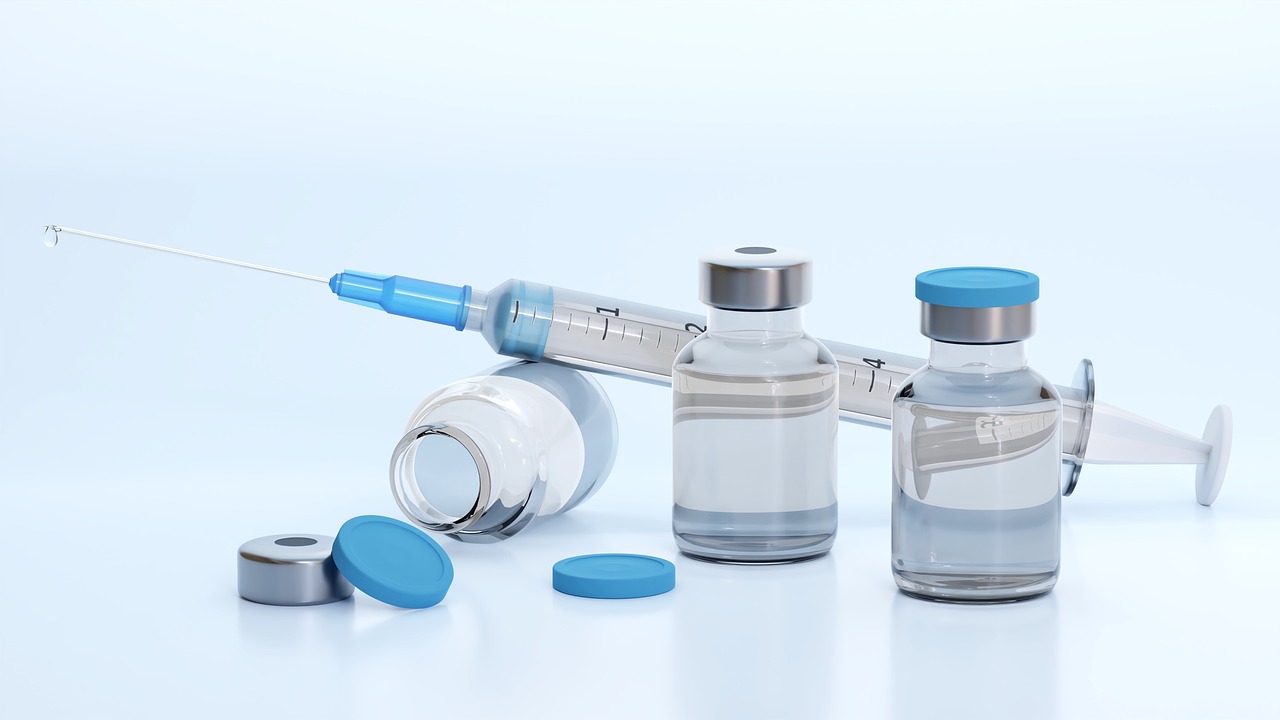
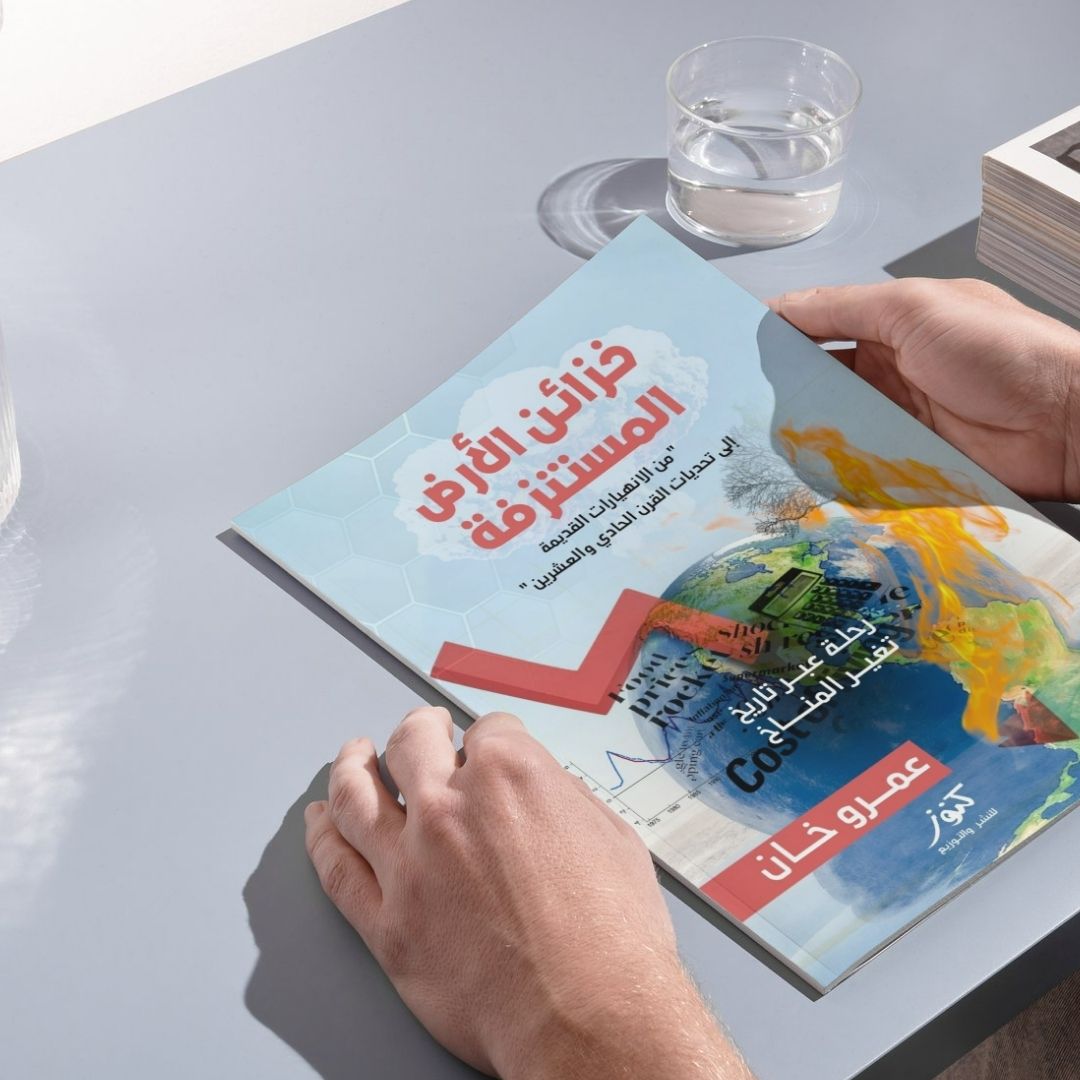
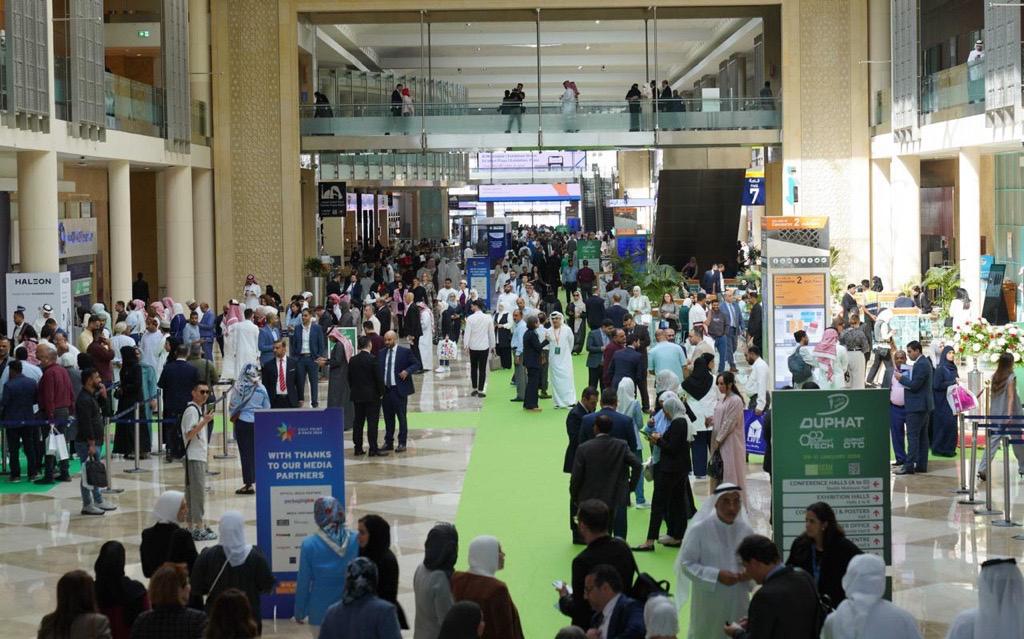

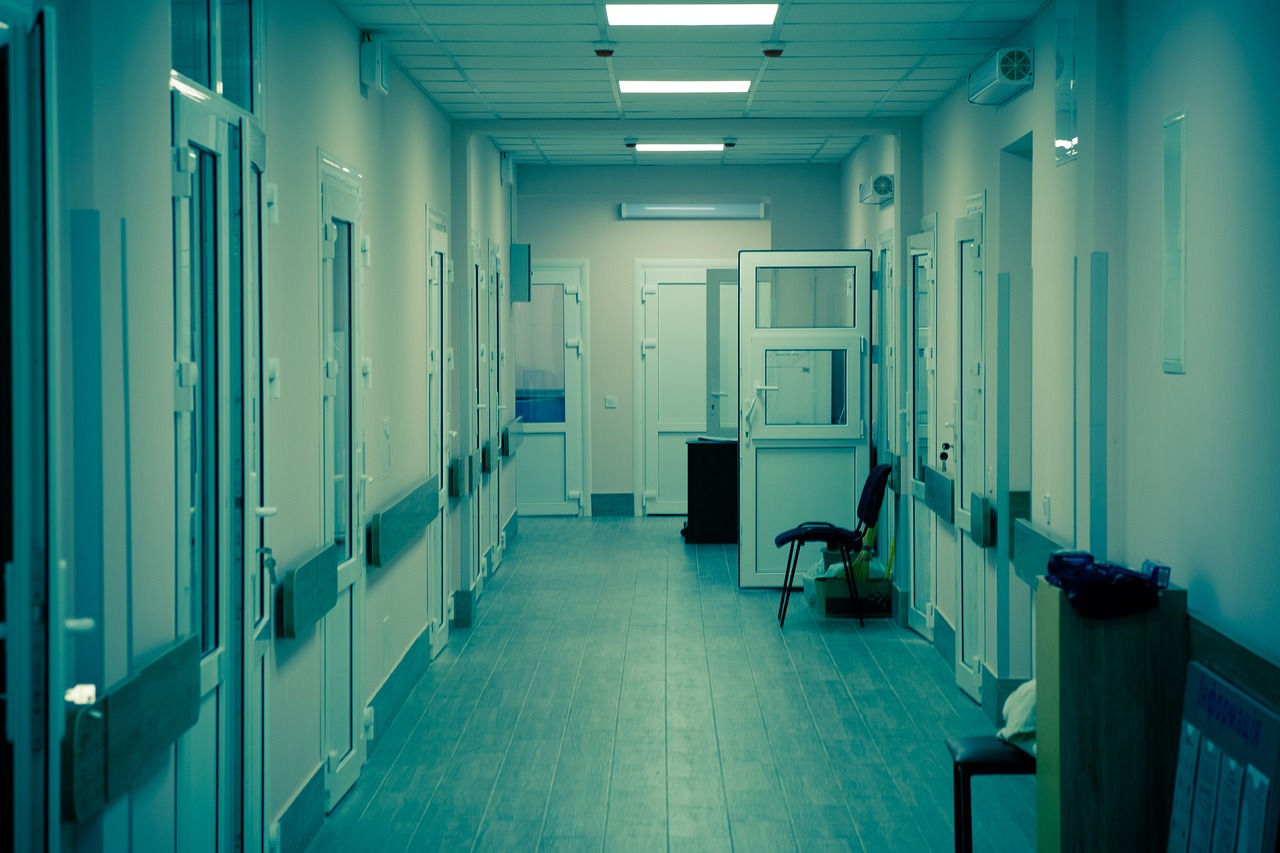
Add Comment